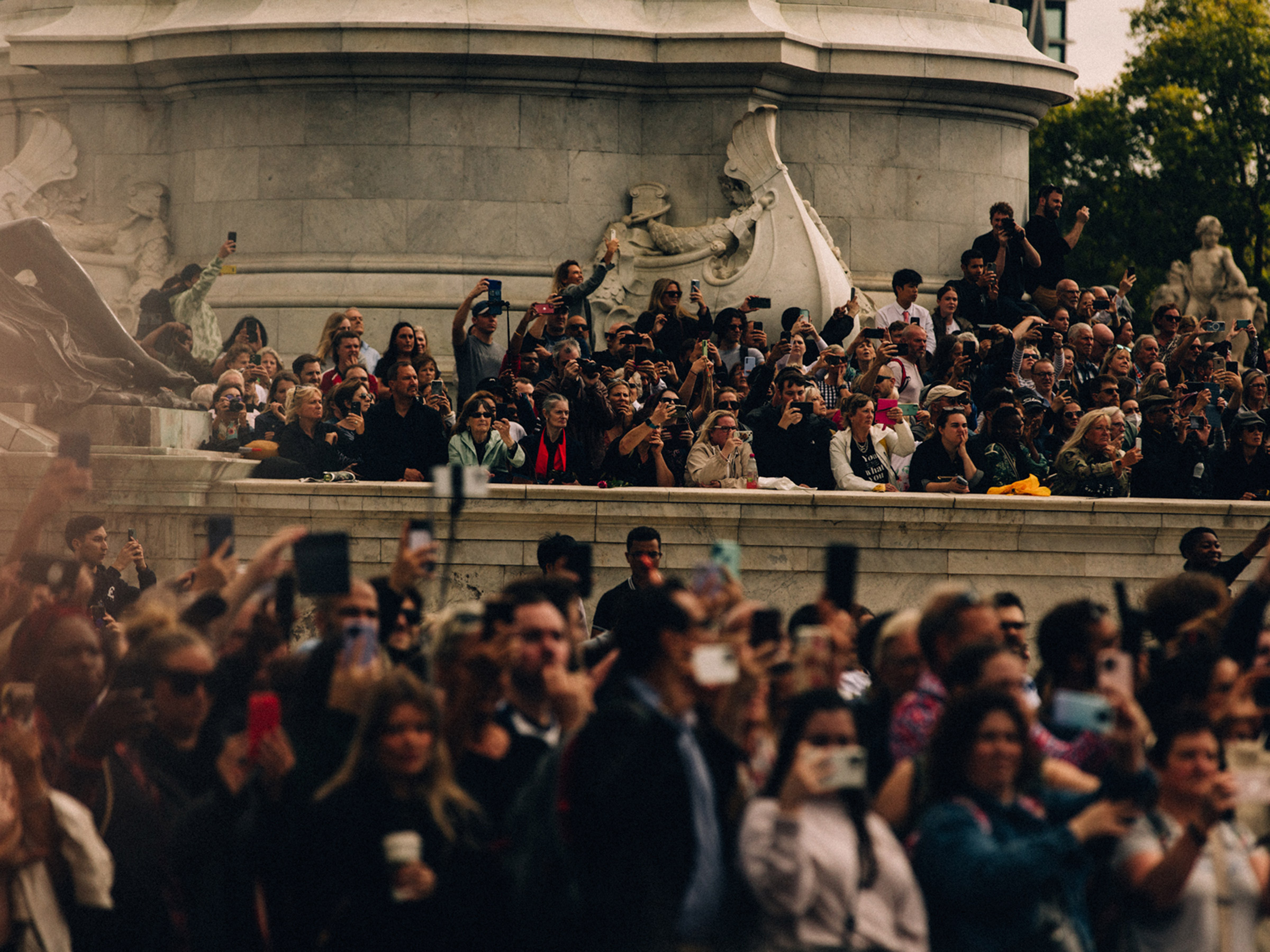Braving strong wind and rain, a silent line of mourners snaked to the wrought iron gate of Edinburgh’s Holyrood Palace on Friday, patiently waiting their turn to read the official notice announcing Queen Elizabeth II’s passing. To one side, flower bouquets piled against the granite wall of an improvised memorial garden—most with heartfelt messages attached to the only monarch most Brits have ever known.
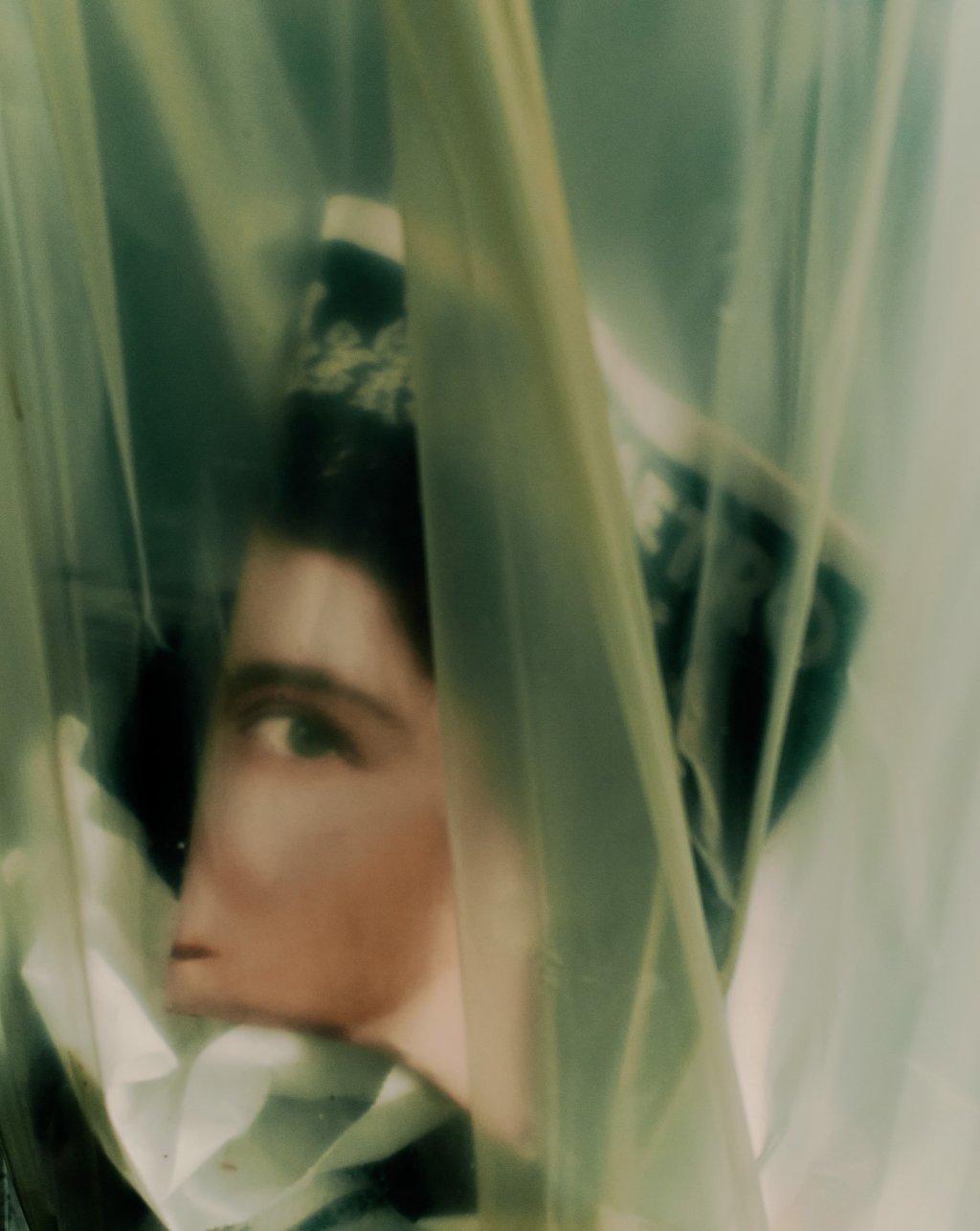
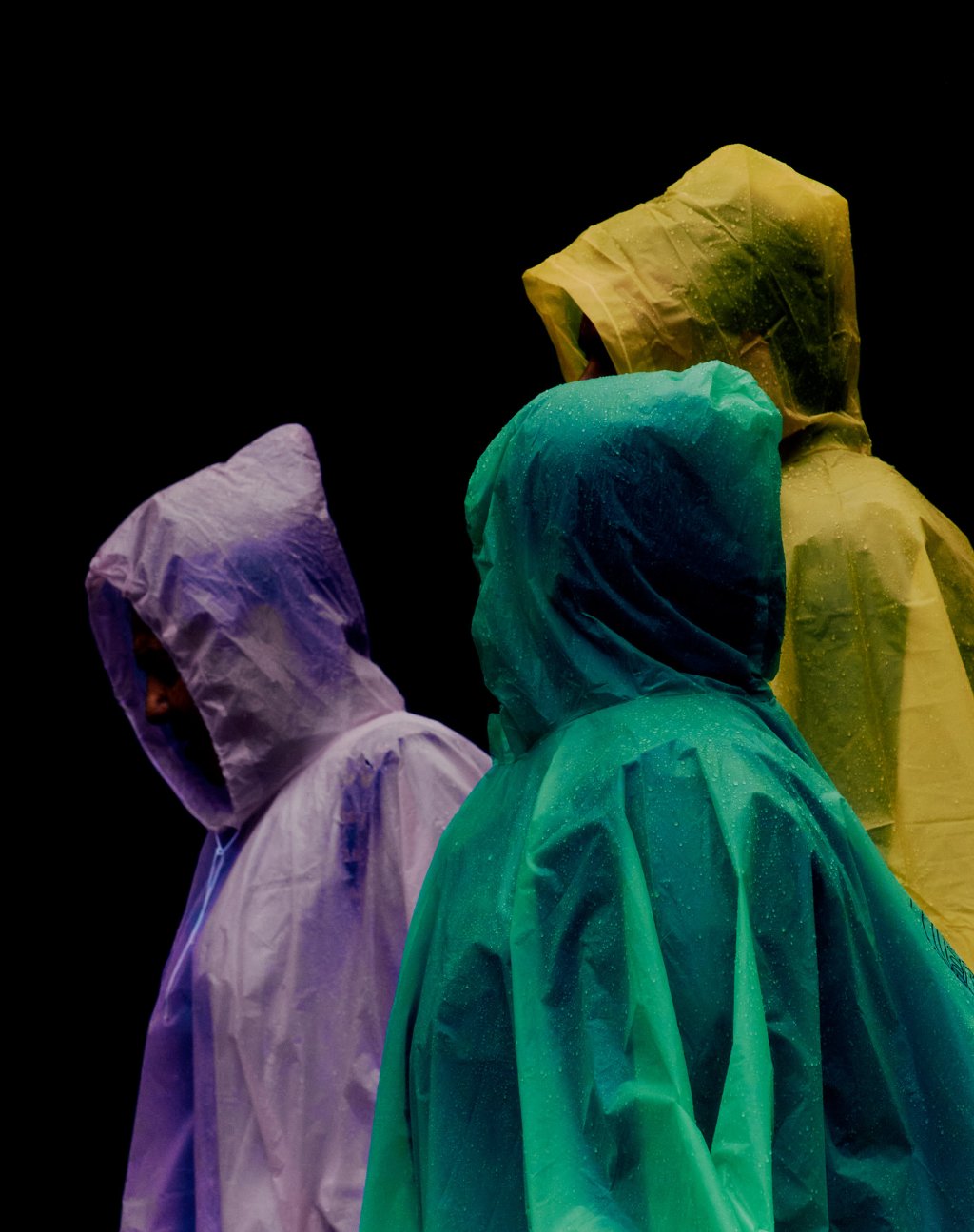
Across the United Kingdom, the death of the Queen has left a chasm. At Balmoral Castle, where Britain’s longest-serving monarch died aged 96 on Thursday afternoon, floral tributes continue to amass. At London’s St Paul’s Cathedral, a service of prayer and reflection on Friday was attended by 2,000 members of the public as well as London Mayor Sadiq Khan and U.K. Prime Minister Liz Truss, who last saw Queen Elizabeth on Tuesday when she asked to form a government. Truss is the 15th Prime Minister the Queen had met; the first was Winston Churchill.
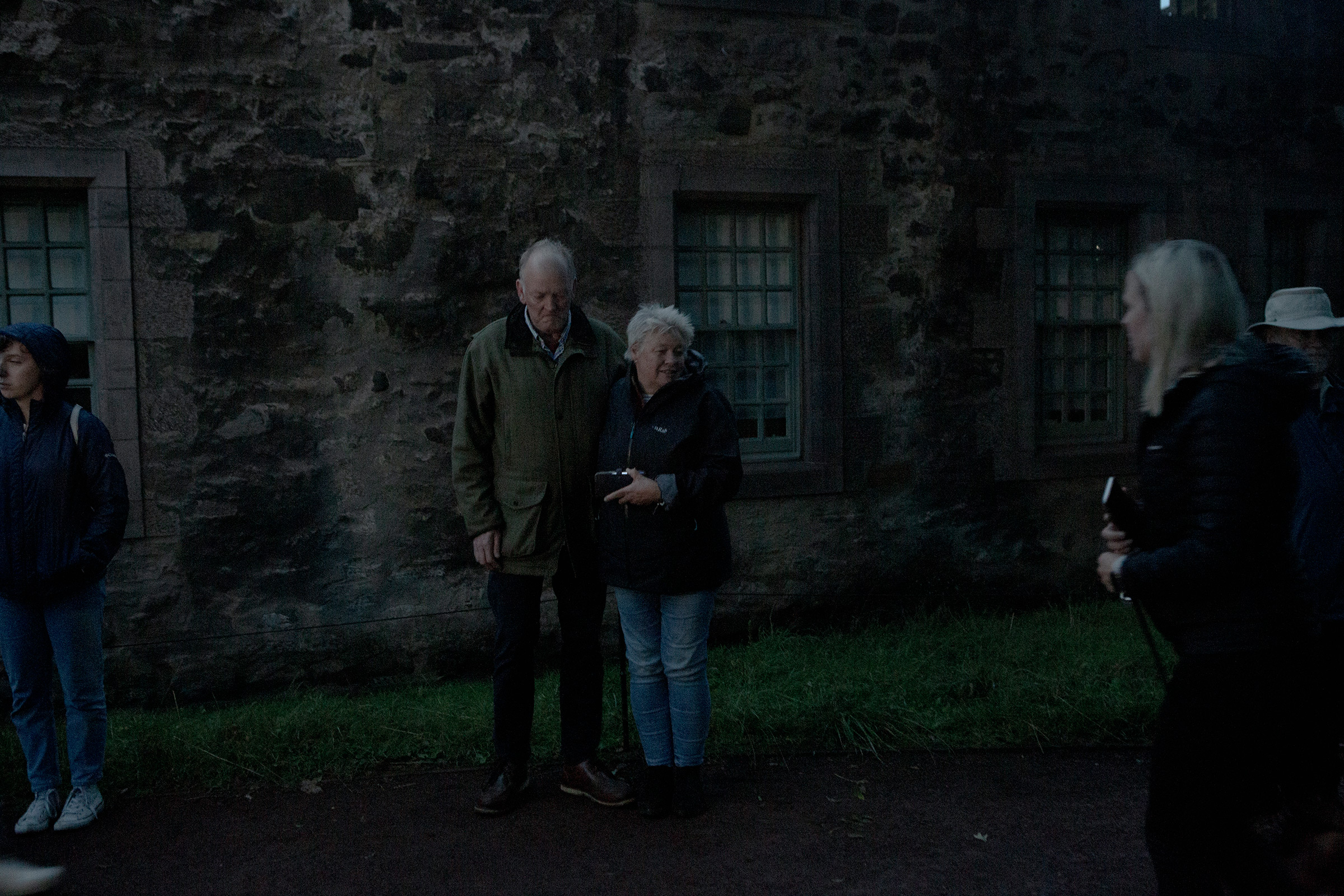
Arriving at 6:30 p.m. on Thursday evening, the unhappy news hit Britons hard. Most were home or crowded into pubs to enjoy an after-work libation. Within hours, a crowd of thousands gathered outside Buckingham Palace in London in solemn remembrance, finally breaking into muffled cheers of “God save the King” when Charles III arrived Friday to a home he has known for 70 years as prince but now entered as sovereign for the very first time. Accompanied by Queen Consort Camila, the new King, dressed in a dark suit, greeted the throng as he examined the tributes left to his revered, departed mother.
Read More: Queen Elizabeth’s Passing Could Push Some Countries to Alter Their Ties to the British Monarchy
“[Queen Elizabeth] encompasses so much of what is Britain,” Eleanor Allingham, from Edinburgh, told TIME outside Buckingham Palace on Thursday. “She was a huge role model for everyone, every woman, every British person.”
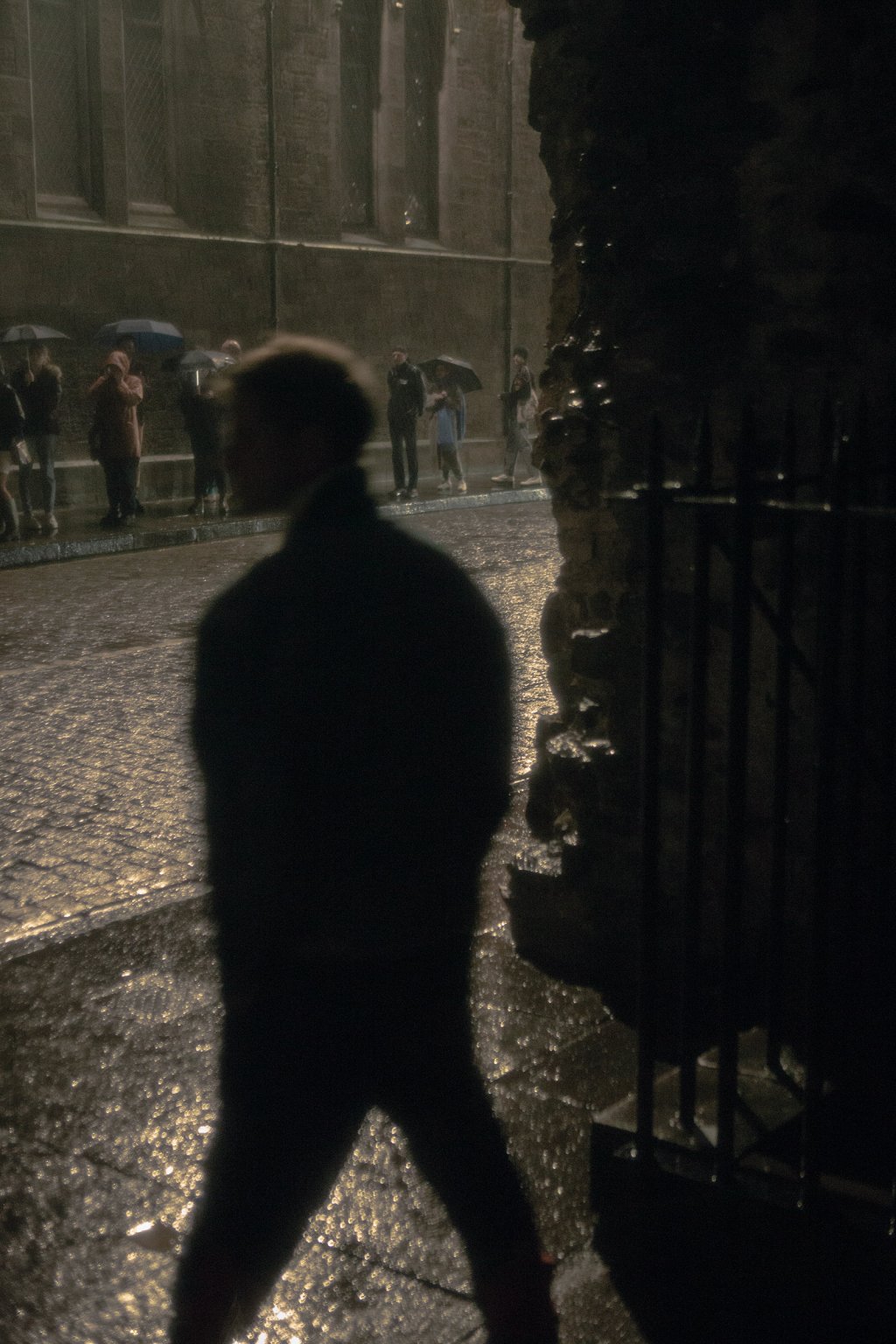
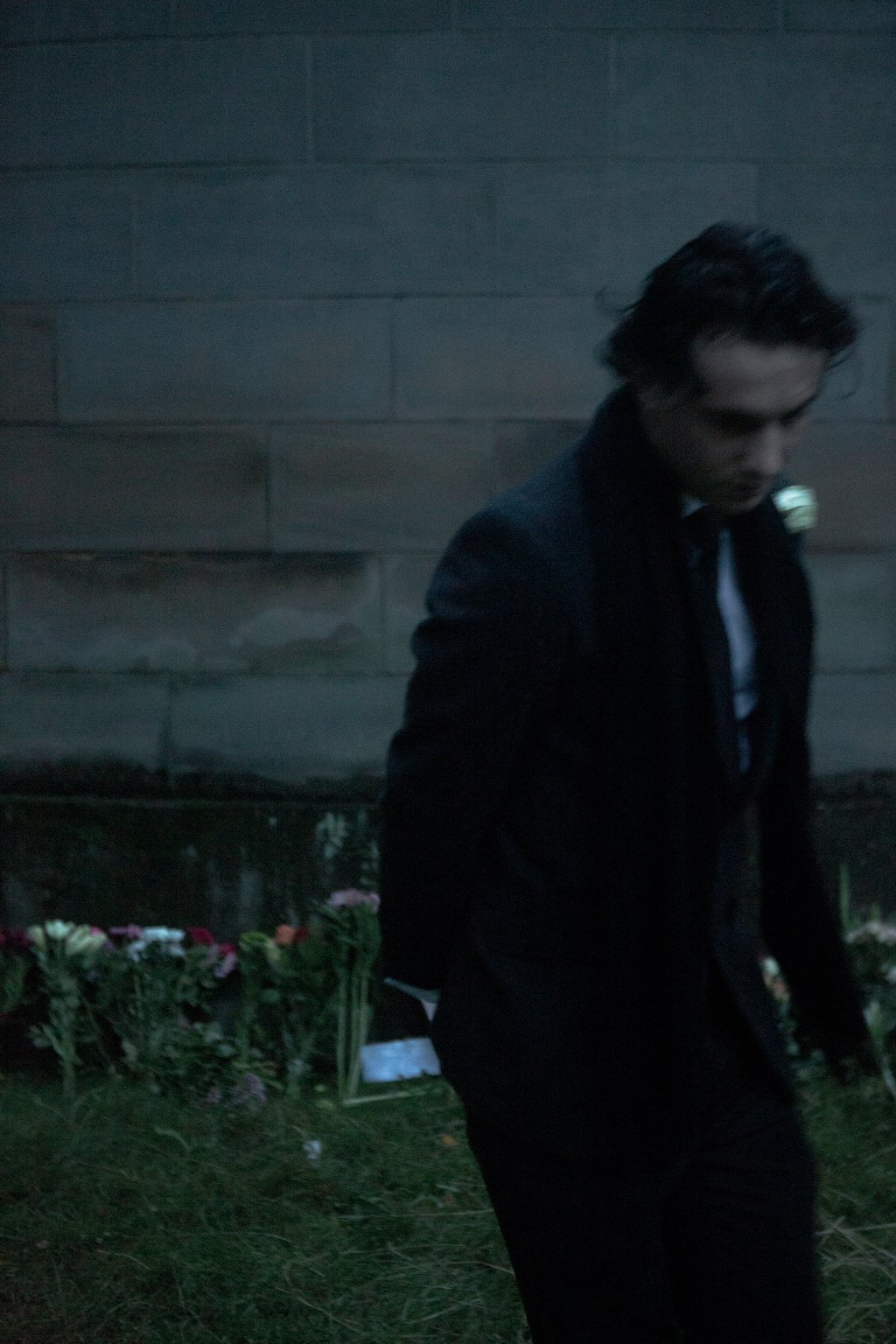
But the Queen was in fact the constitutional head of state for 14 other nations, including Canada, New Zealand, Australia, Belize, Jamaica, Tuvalu, Papua New Guinea and the Solomon Islands. All have also been paying their own tributes. In a statement, Canadian Prime Minister Justin Trudeau said, “For most Canadians, we have known no other Sovereign. She would proclaim ‘it was good to be home’ when returning to her beloved Canada. She was indeed at home here, and Canadians never ceased to return her affection.”
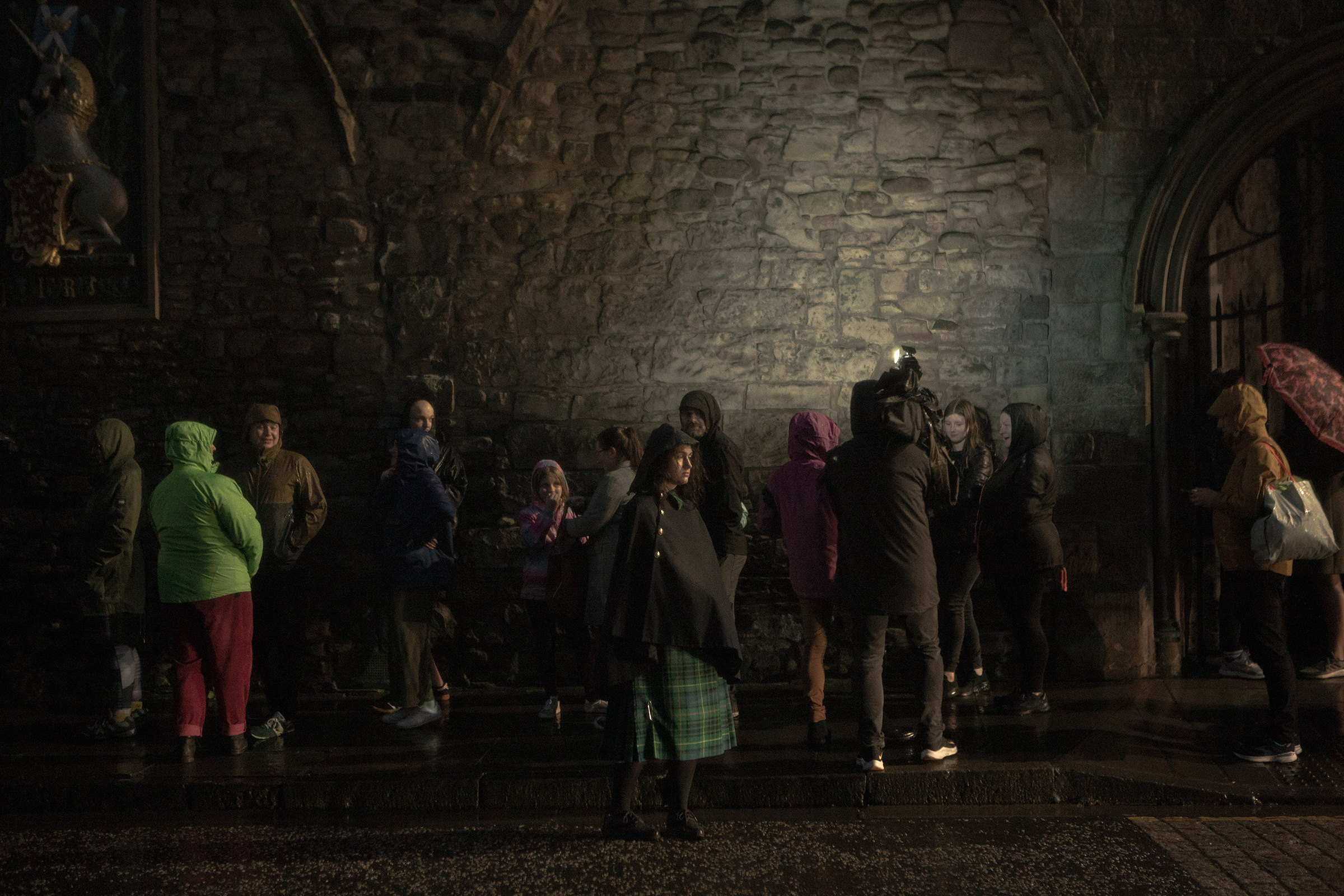
At the same time, the Queen’s death is reigniting debate about the legacy of the British Empire, which was already dwindling at the time of her coronation in 1953. In its stead, a Commonwealth of independent former colonies maintained close bonds with their erstwhile empress. In Nassau, the capital of the Bahamas, people stayed glued to their television sets for the latest news on arcane royal funeral rites.
Read More: What We Know So Far About Queen Elizabeth II’s Funeral
Still, amid the outpouring of grief and gratitude in far-flung dominions, questions will rumble louder and bolder about why King Charles III should now be their head of state from thousands of miles away. Last year, Barbados decided to become a republic, although it will remain part of the Commonwealth. Other nations will be wrestling with similar sentiments. Adam Bandt, the leader of Australia’s Greens Party, posted condolences to the Queen’s family on Twitter, but adding “Now Australia must move forward … [and] become a Republic.”
—With reporting by Yasmeen Serhan/London
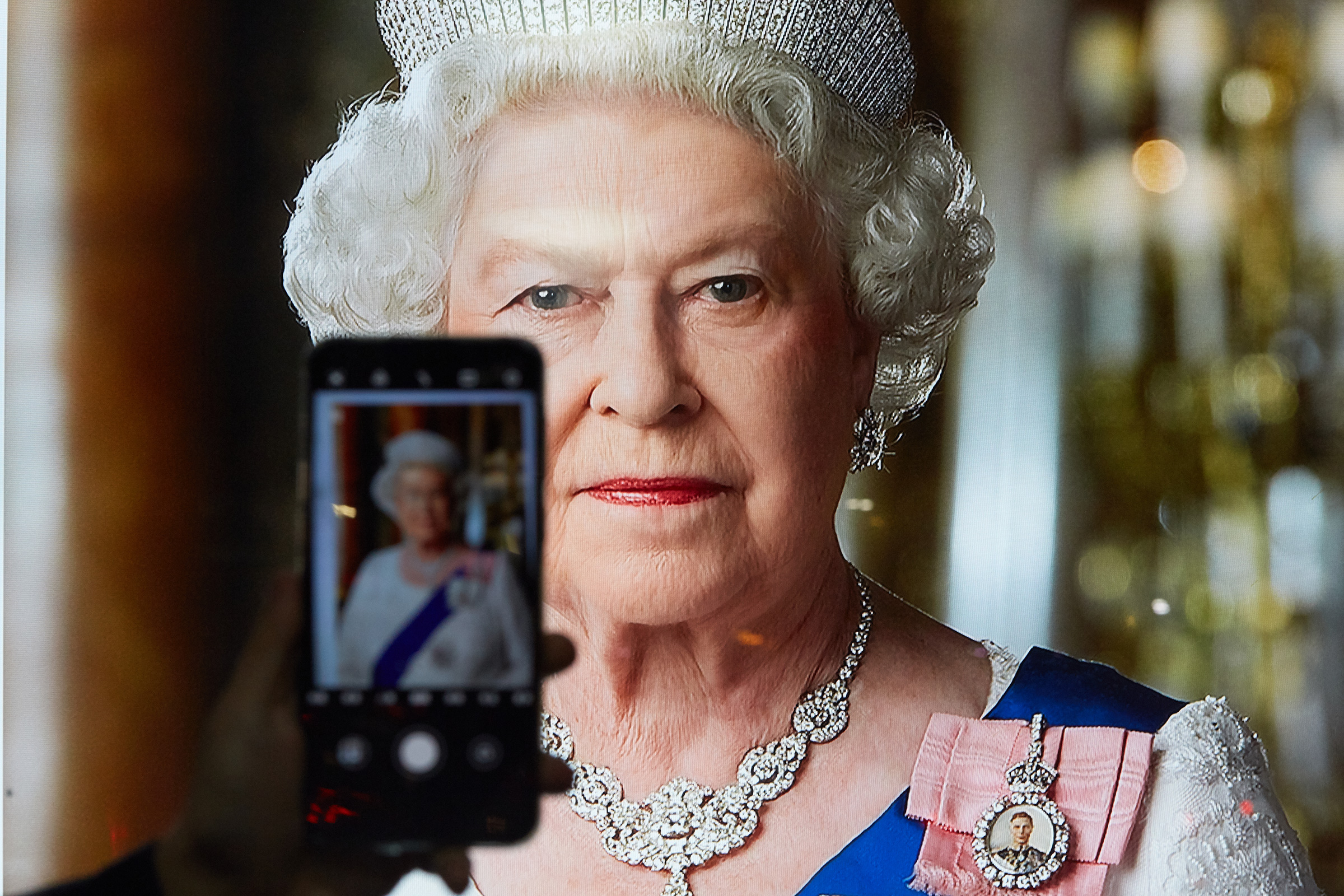
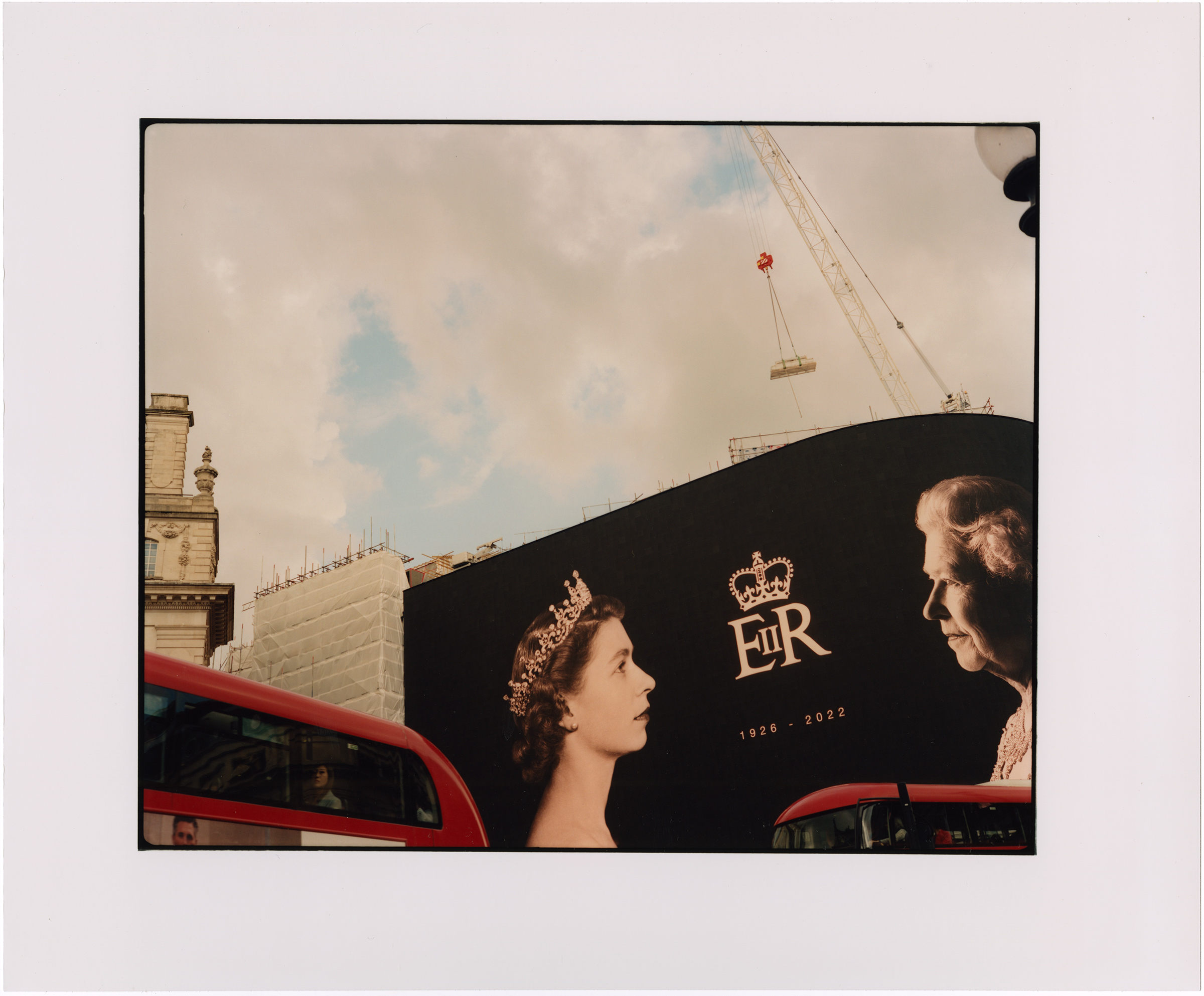
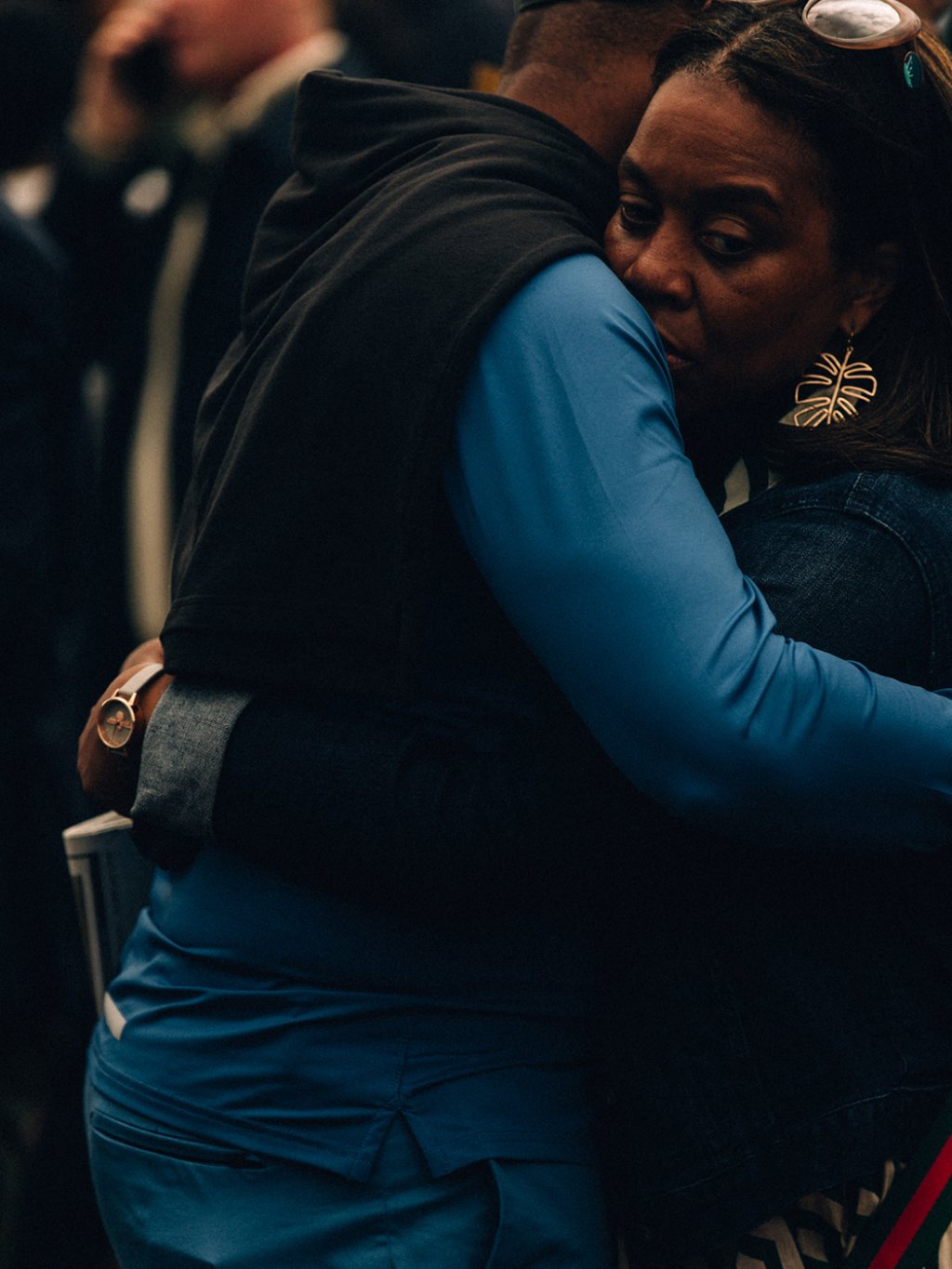
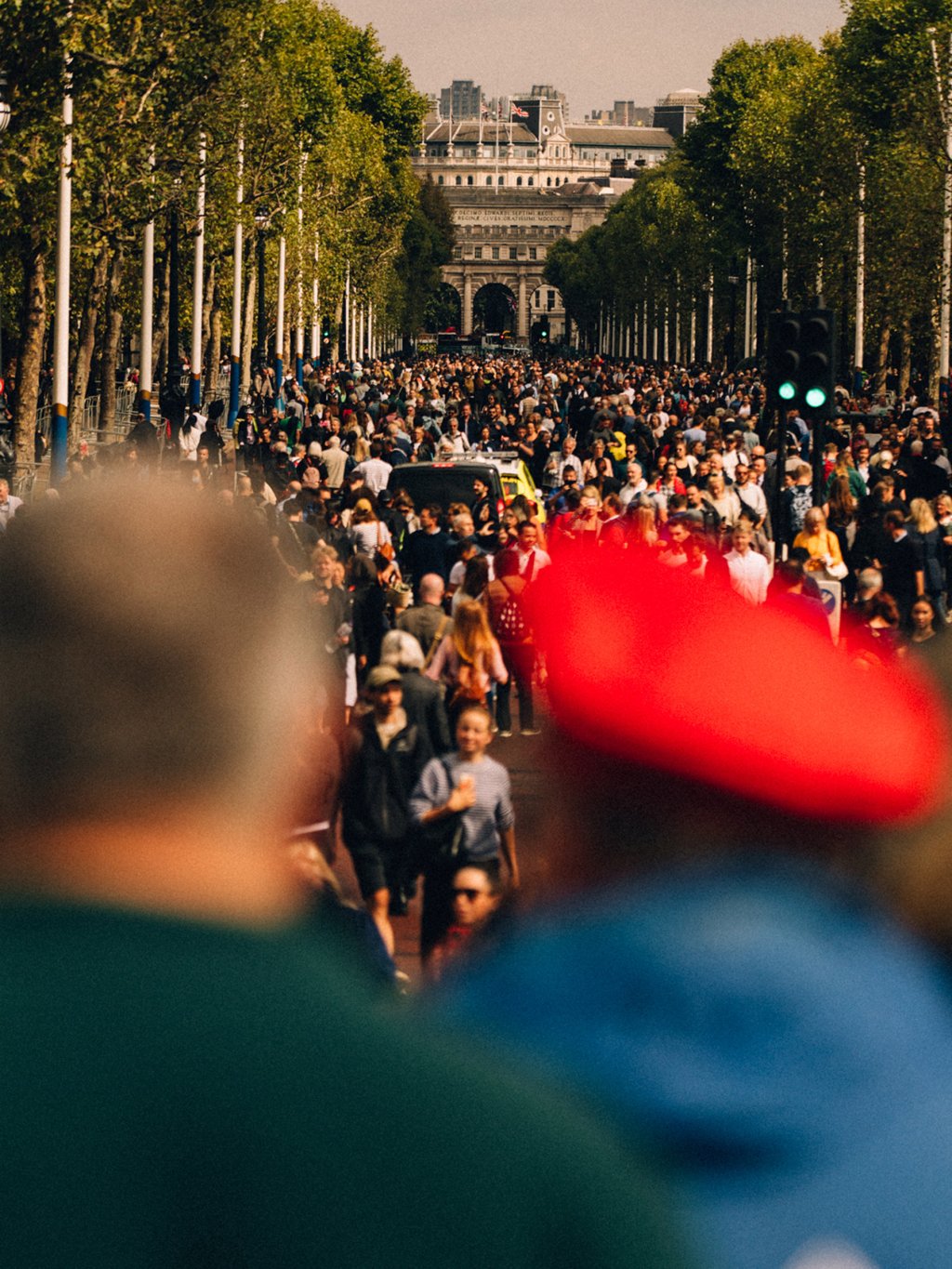
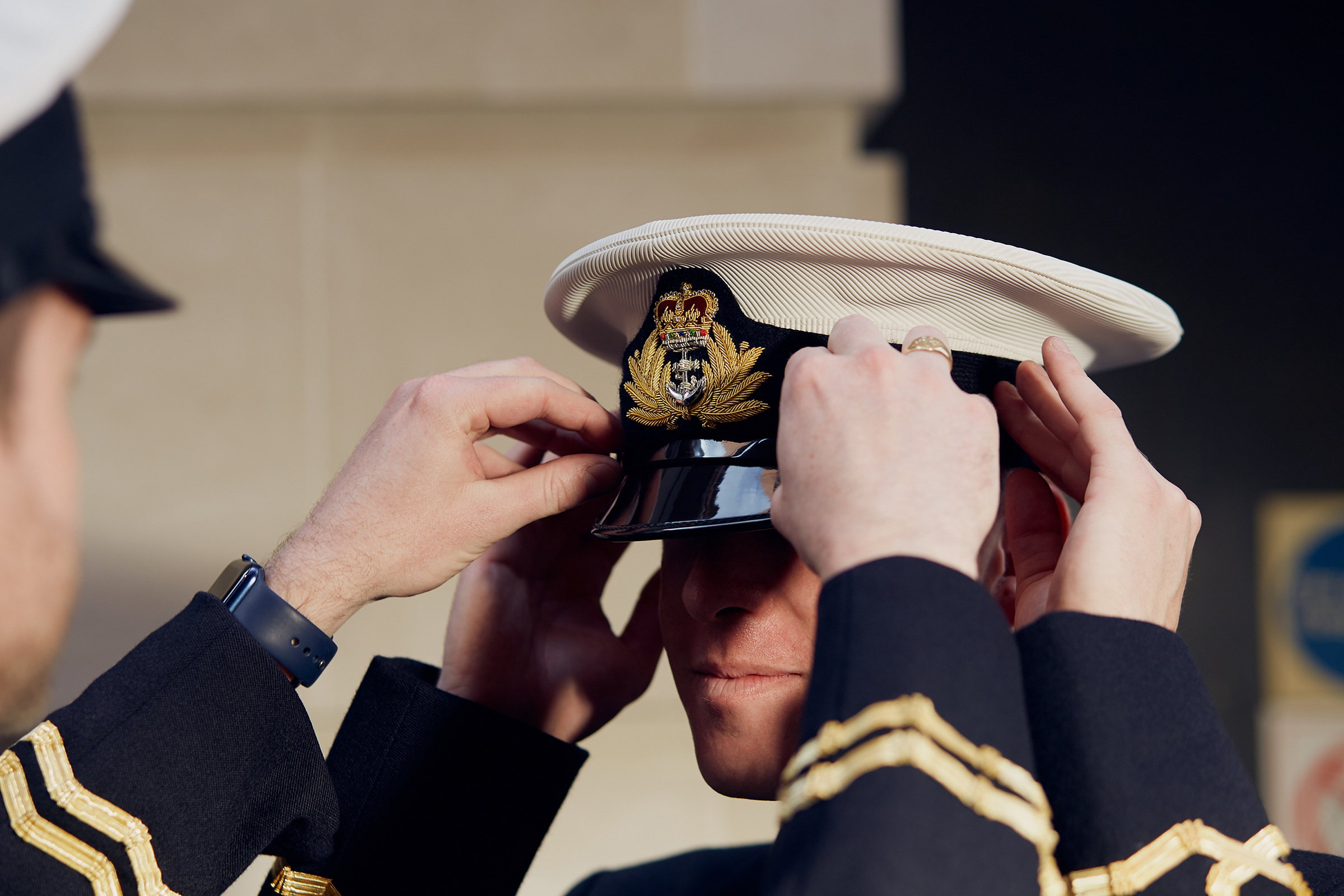

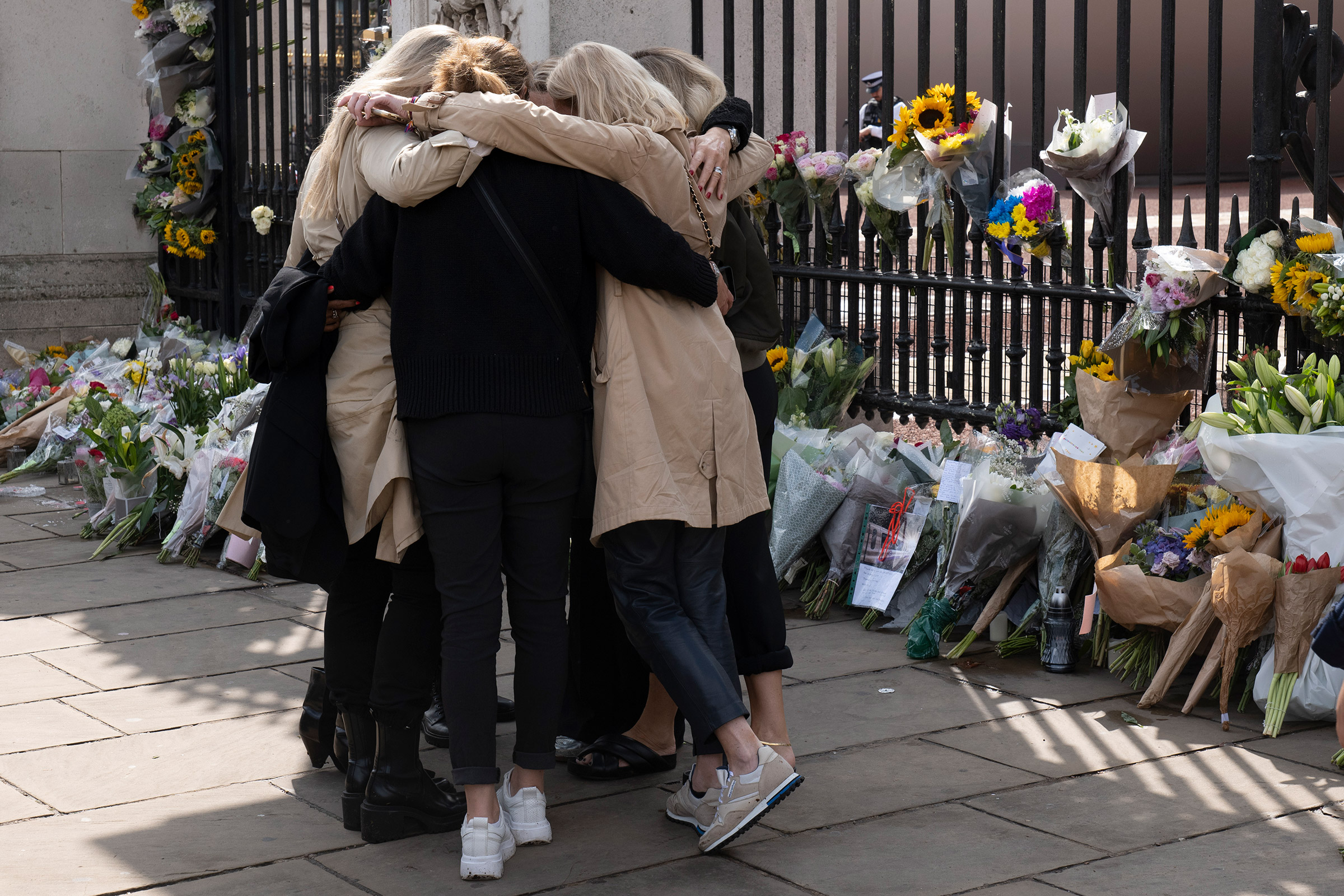
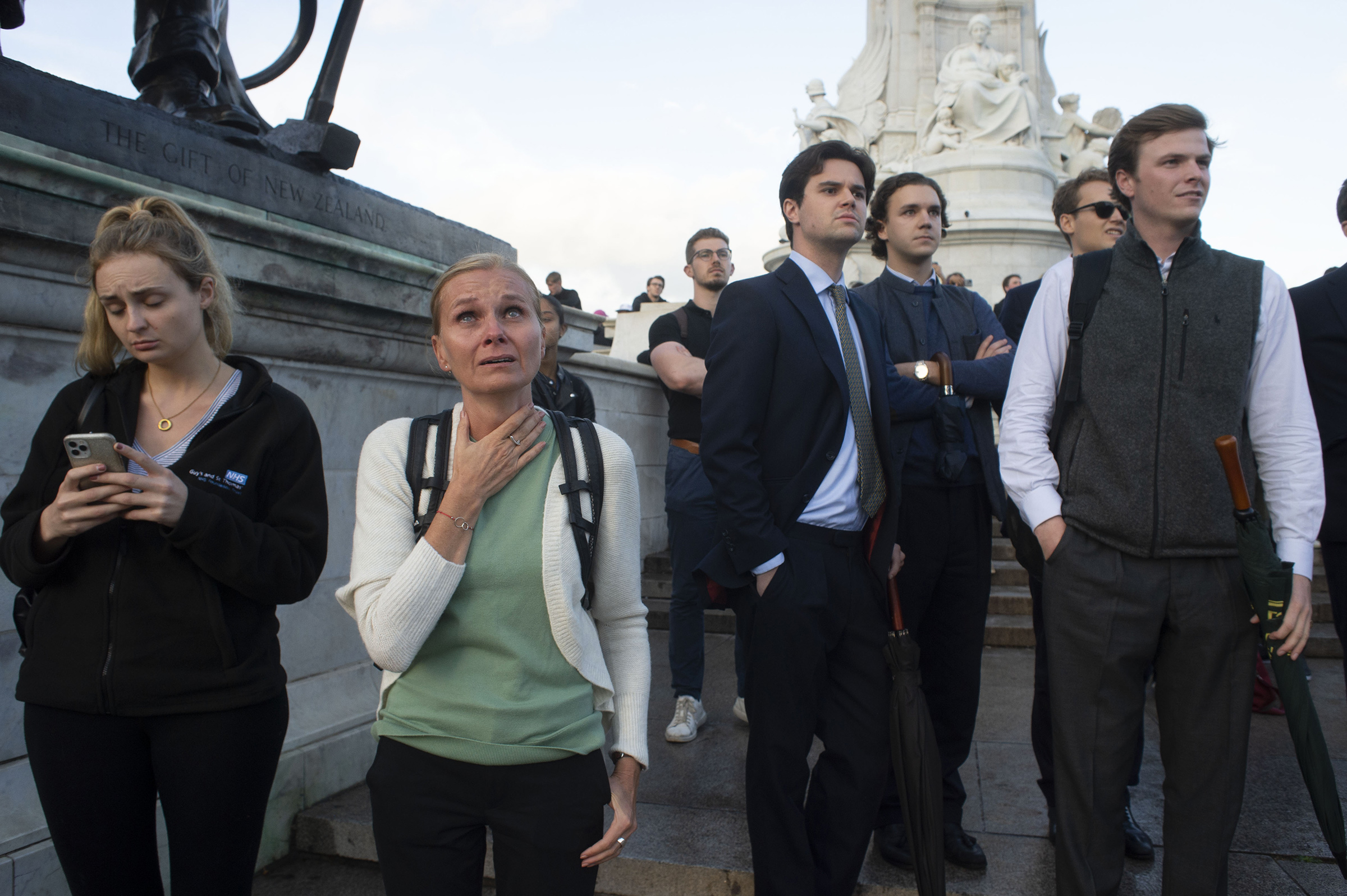
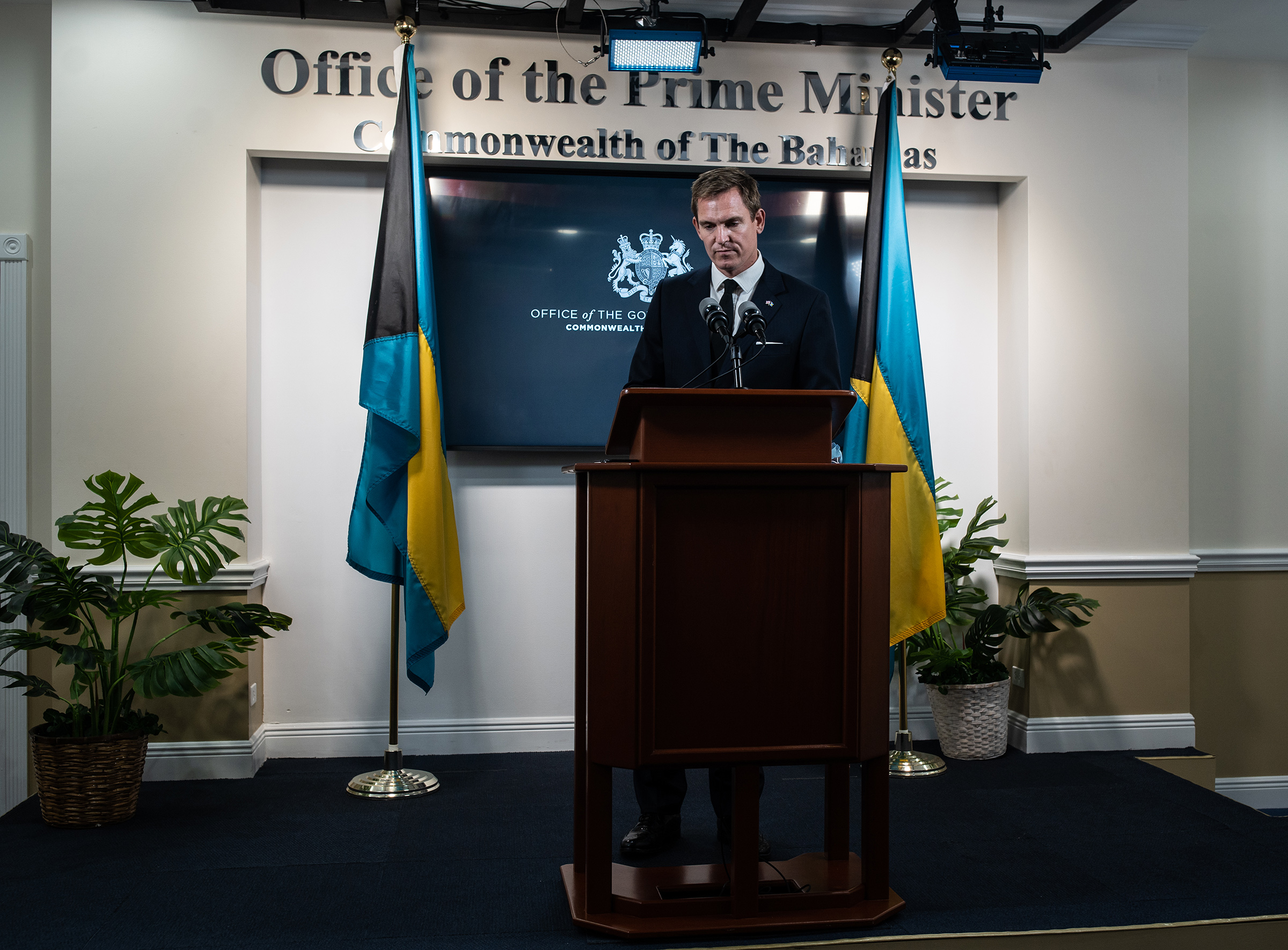
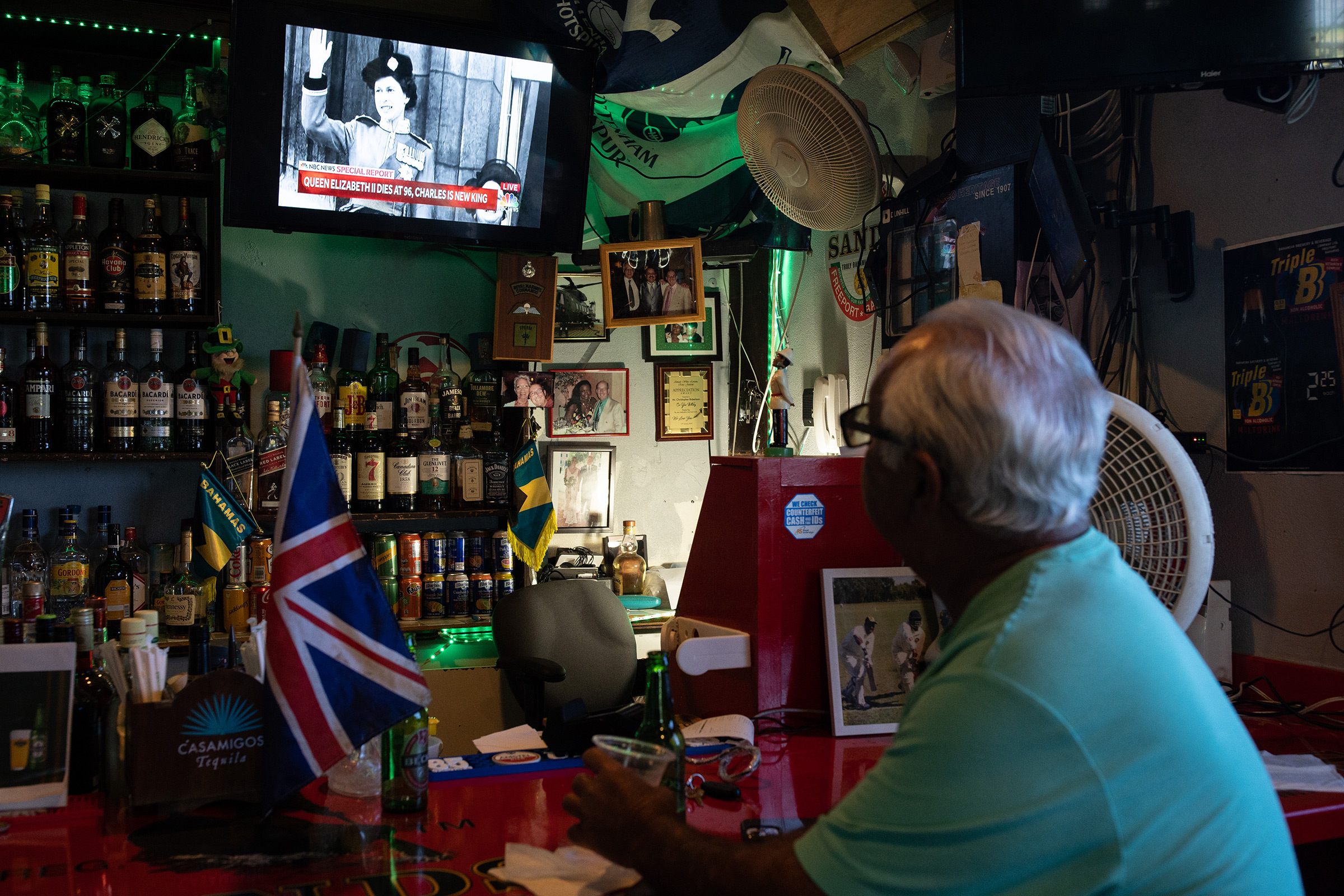
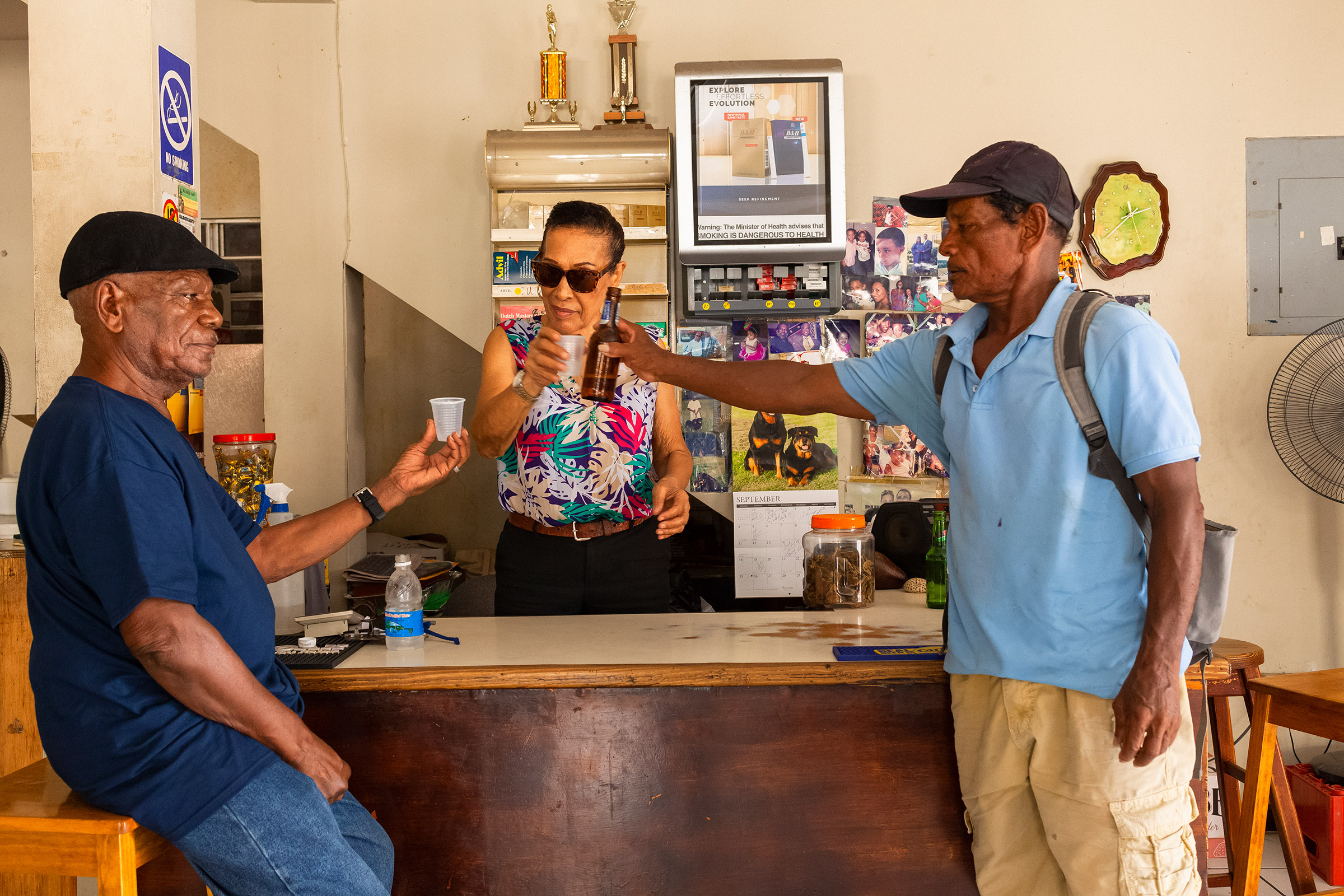
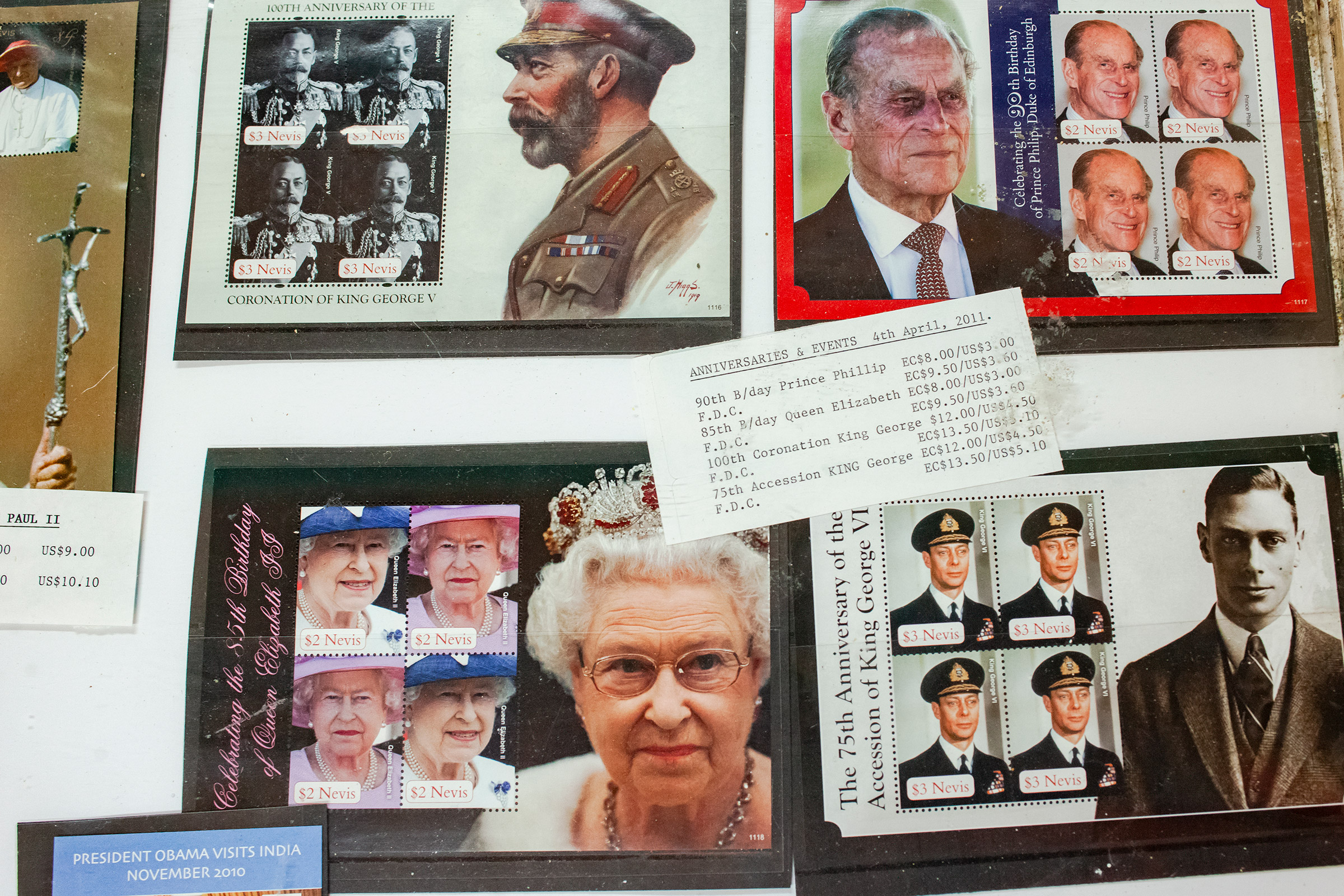
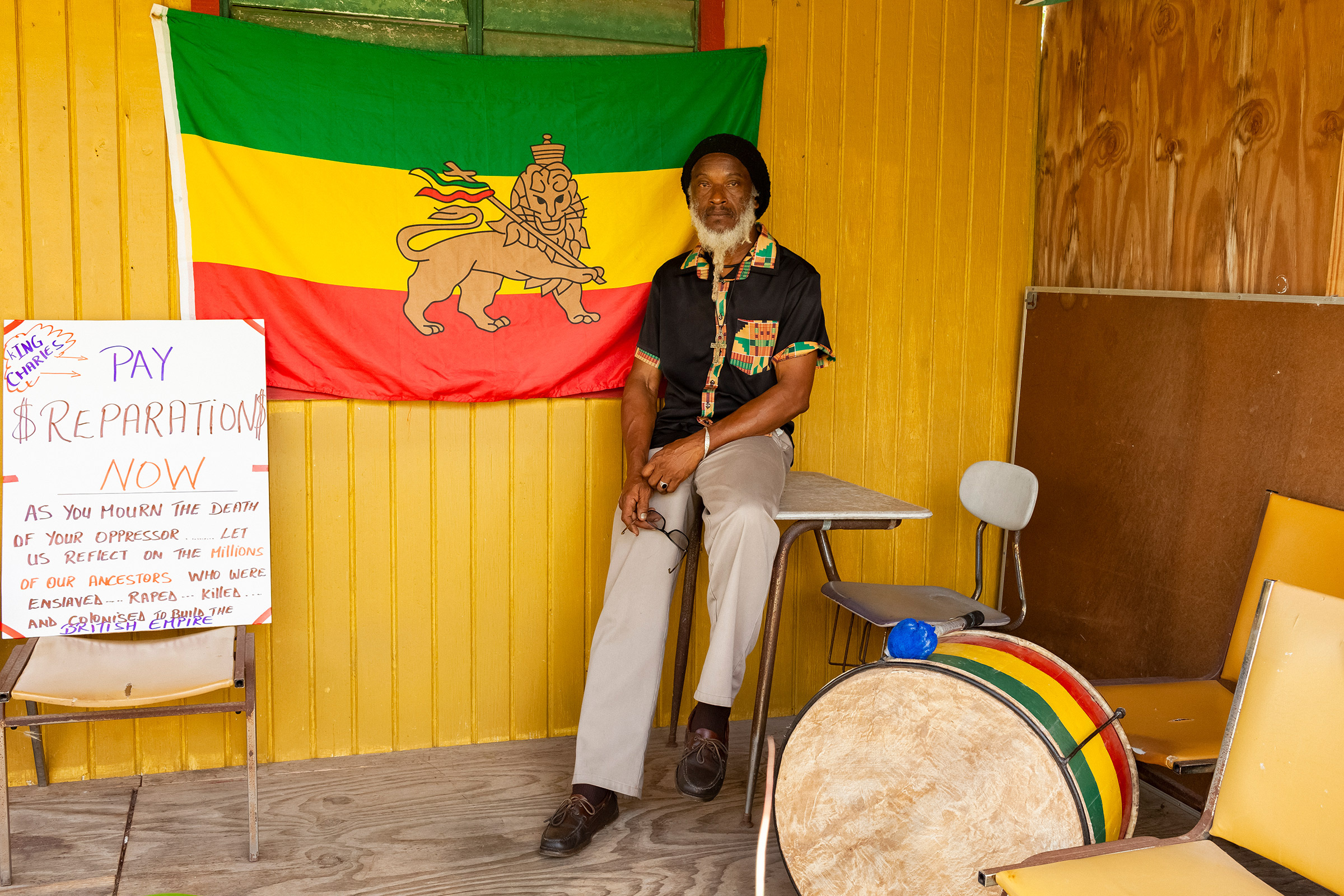
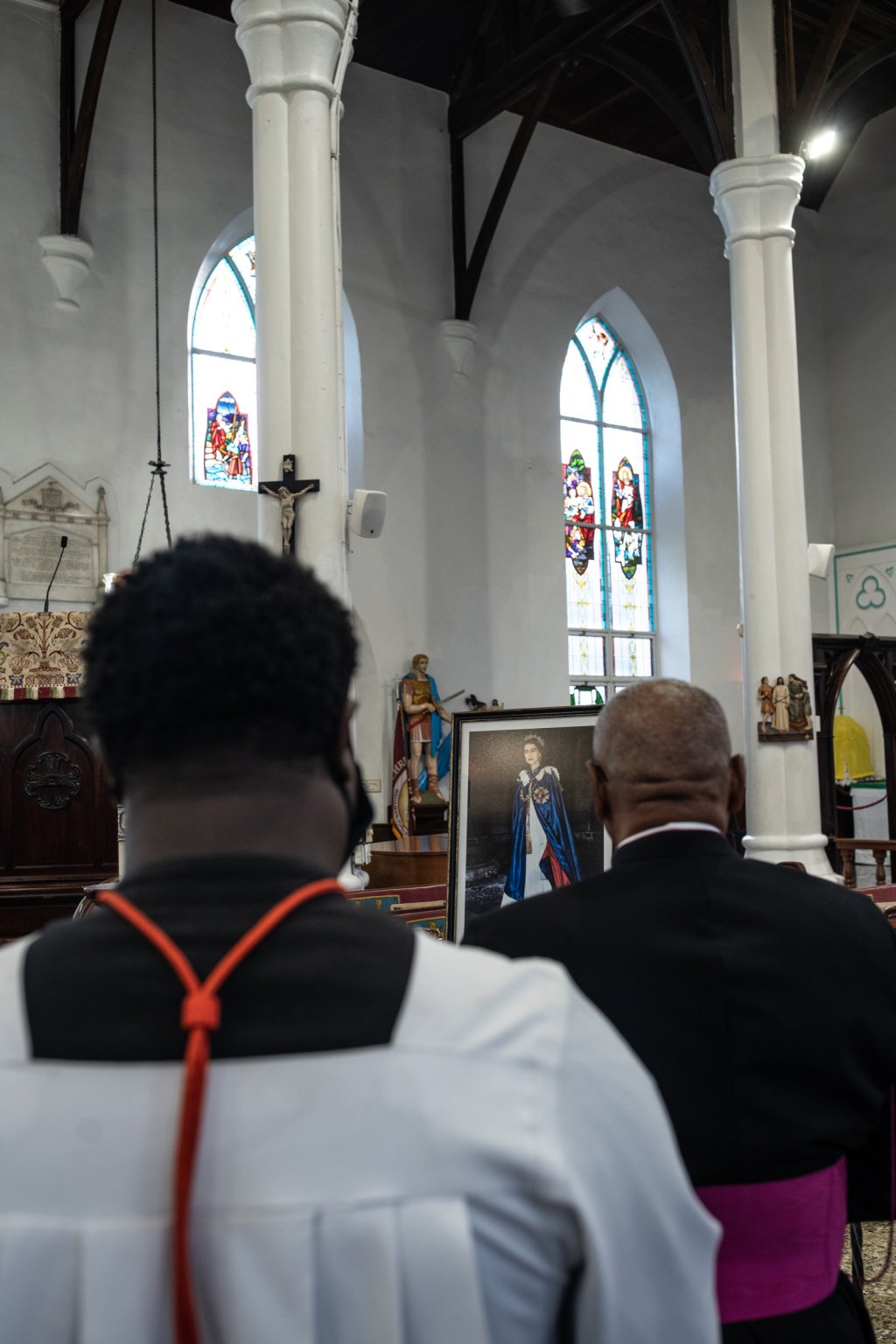
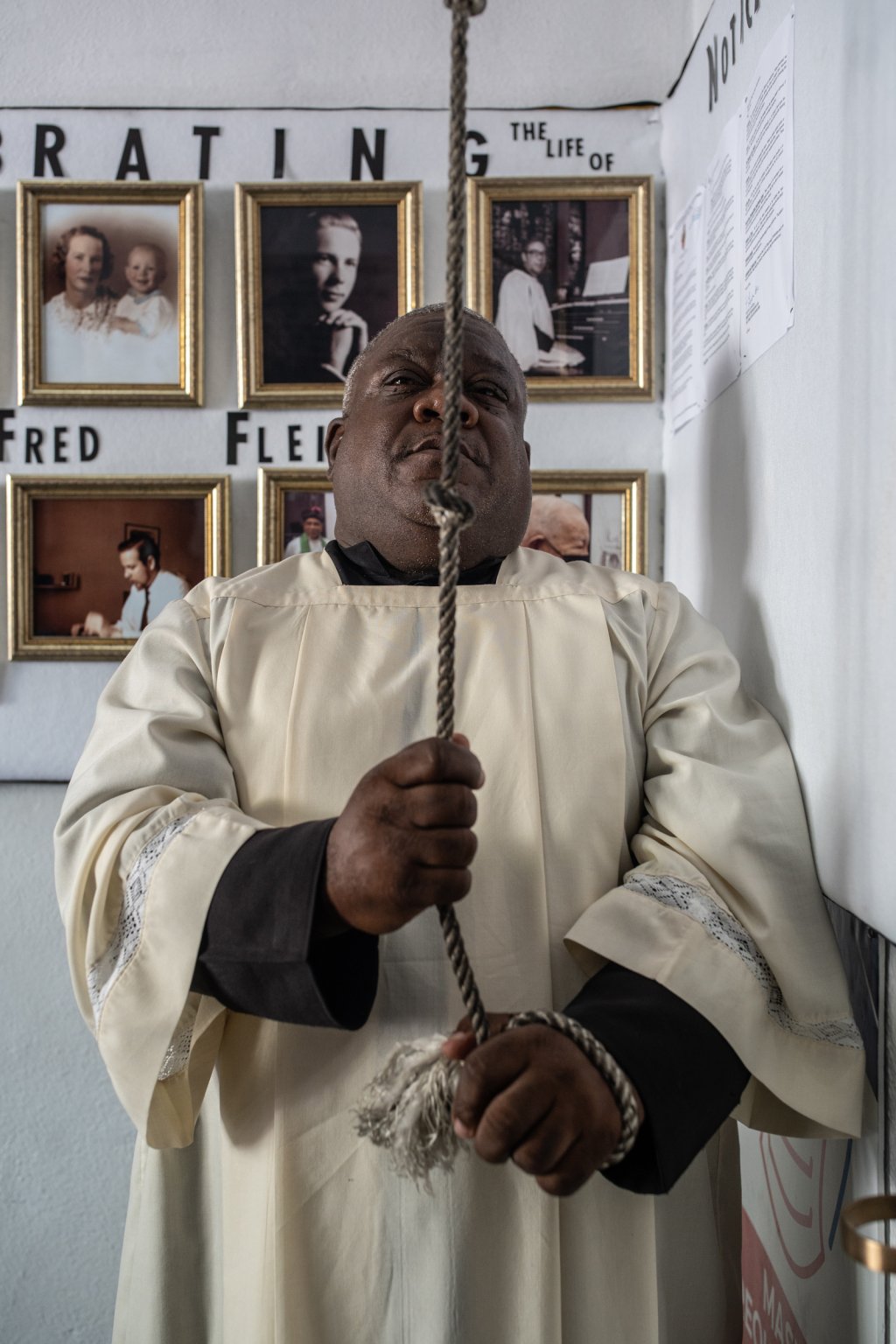
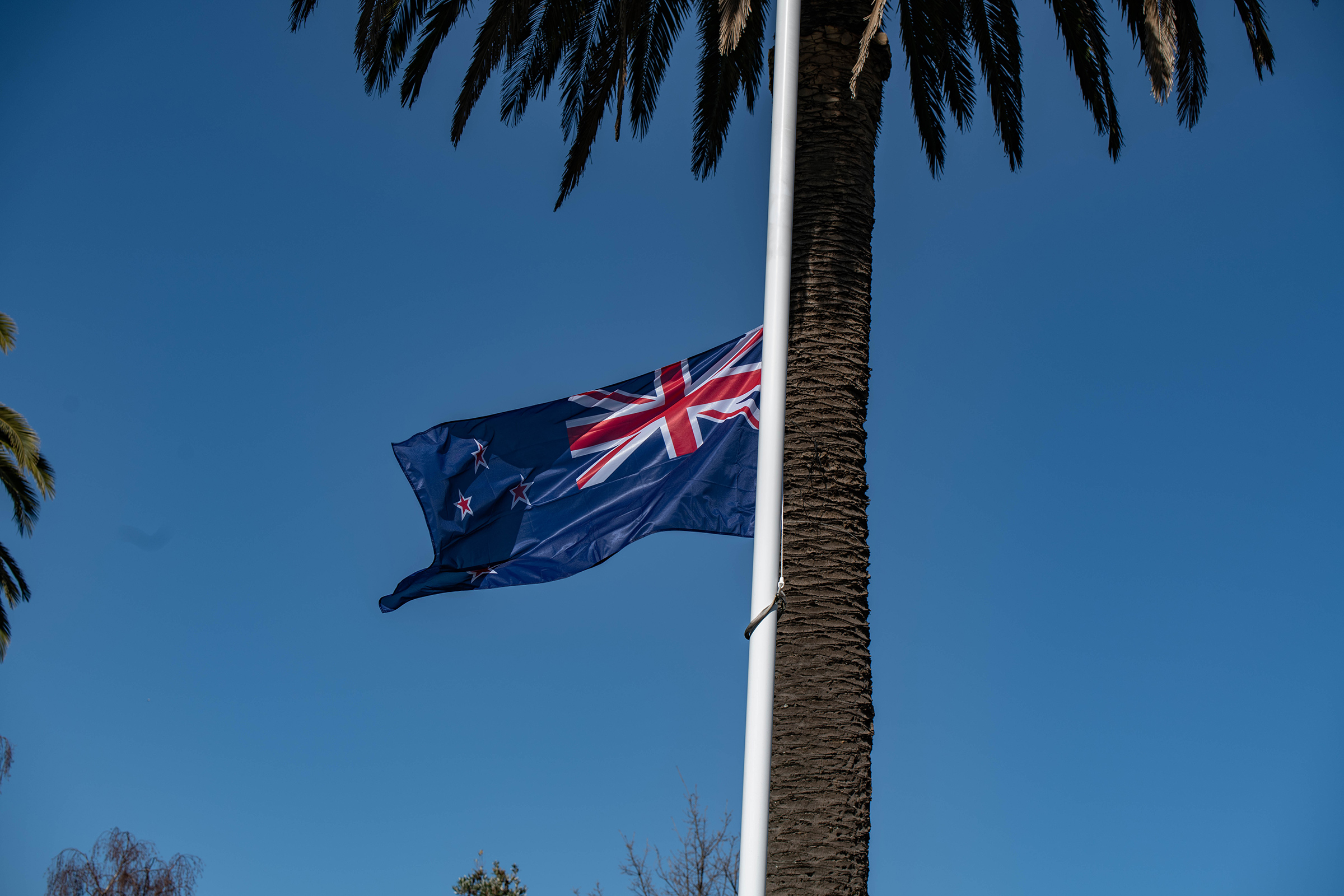
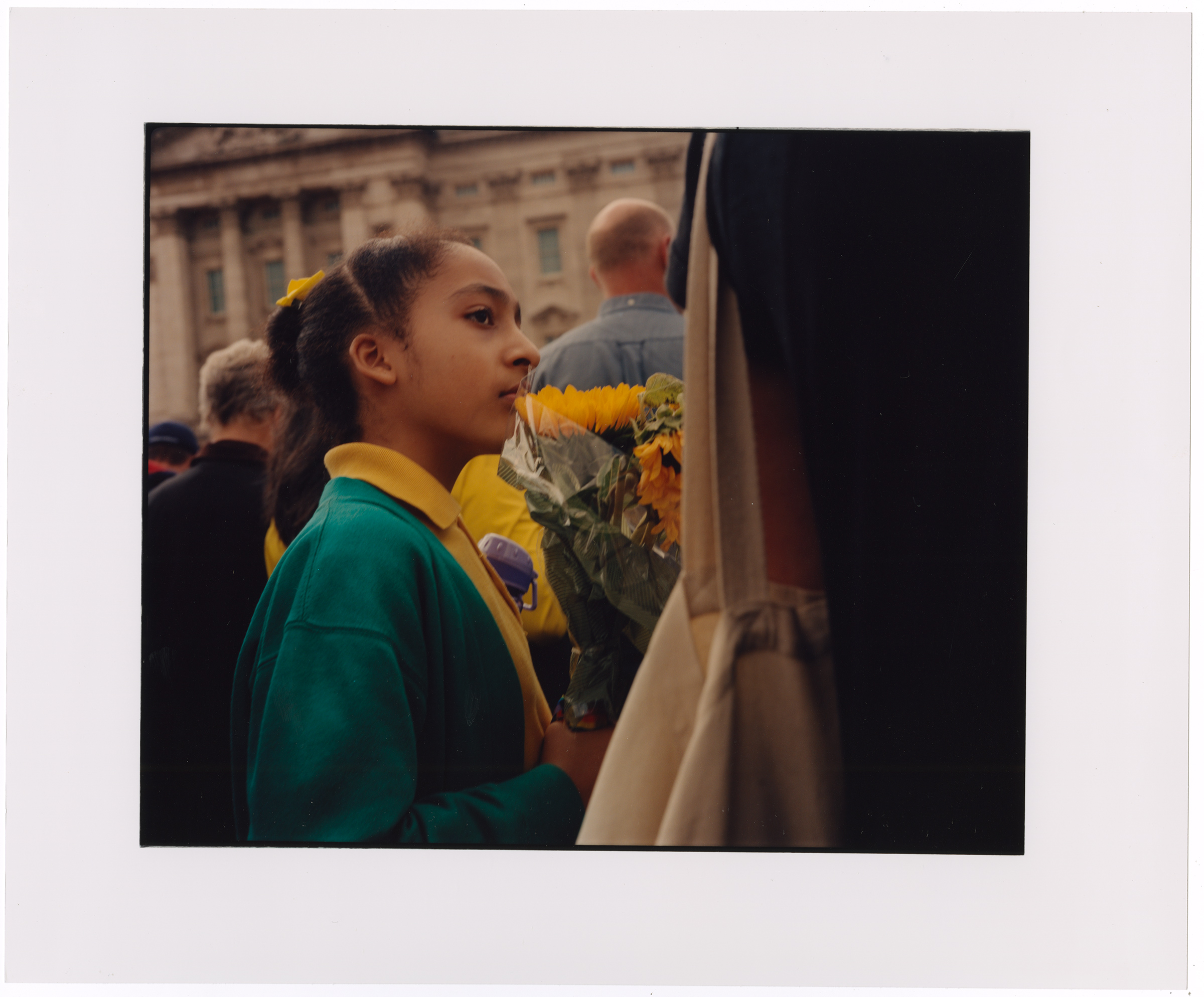
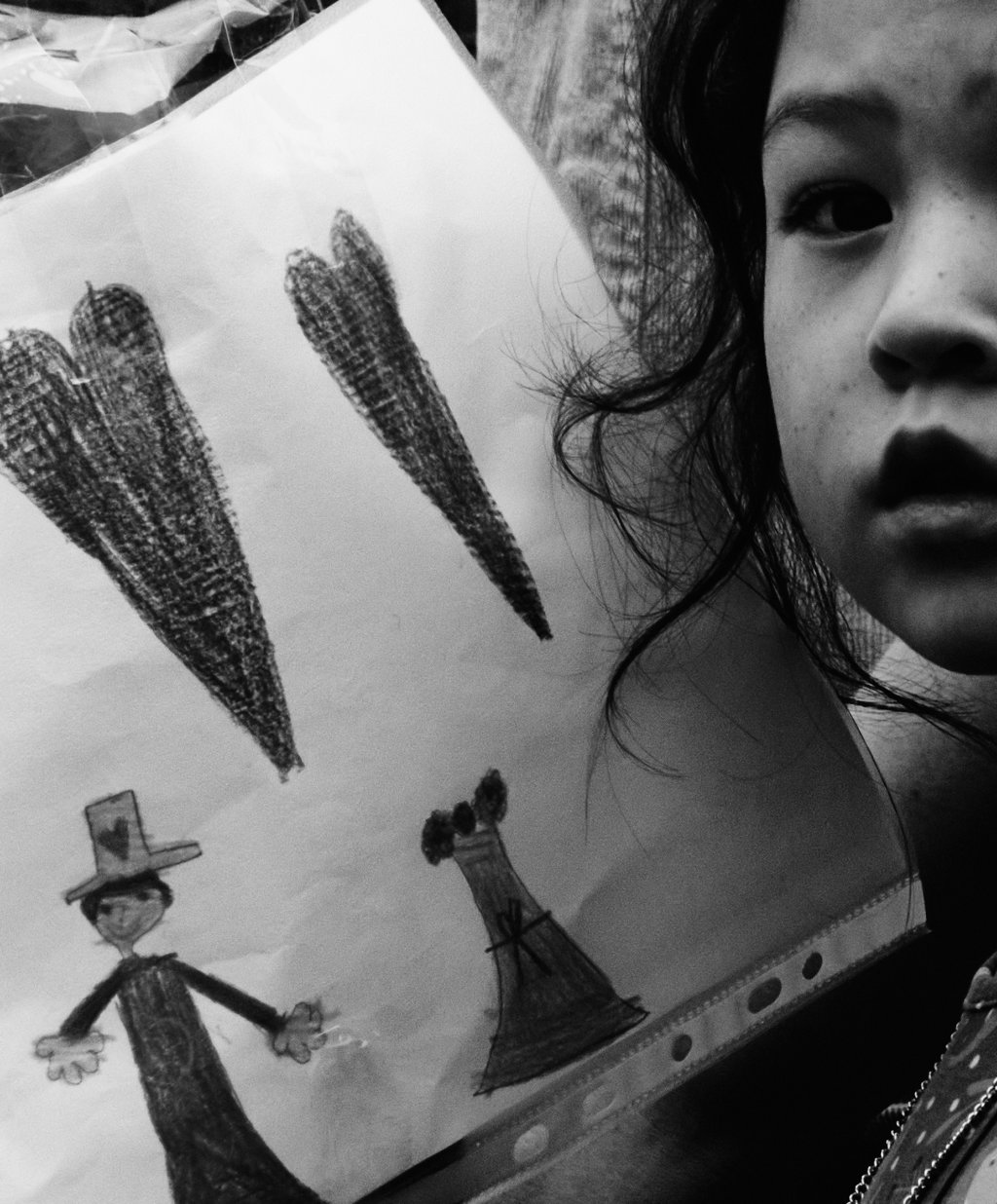

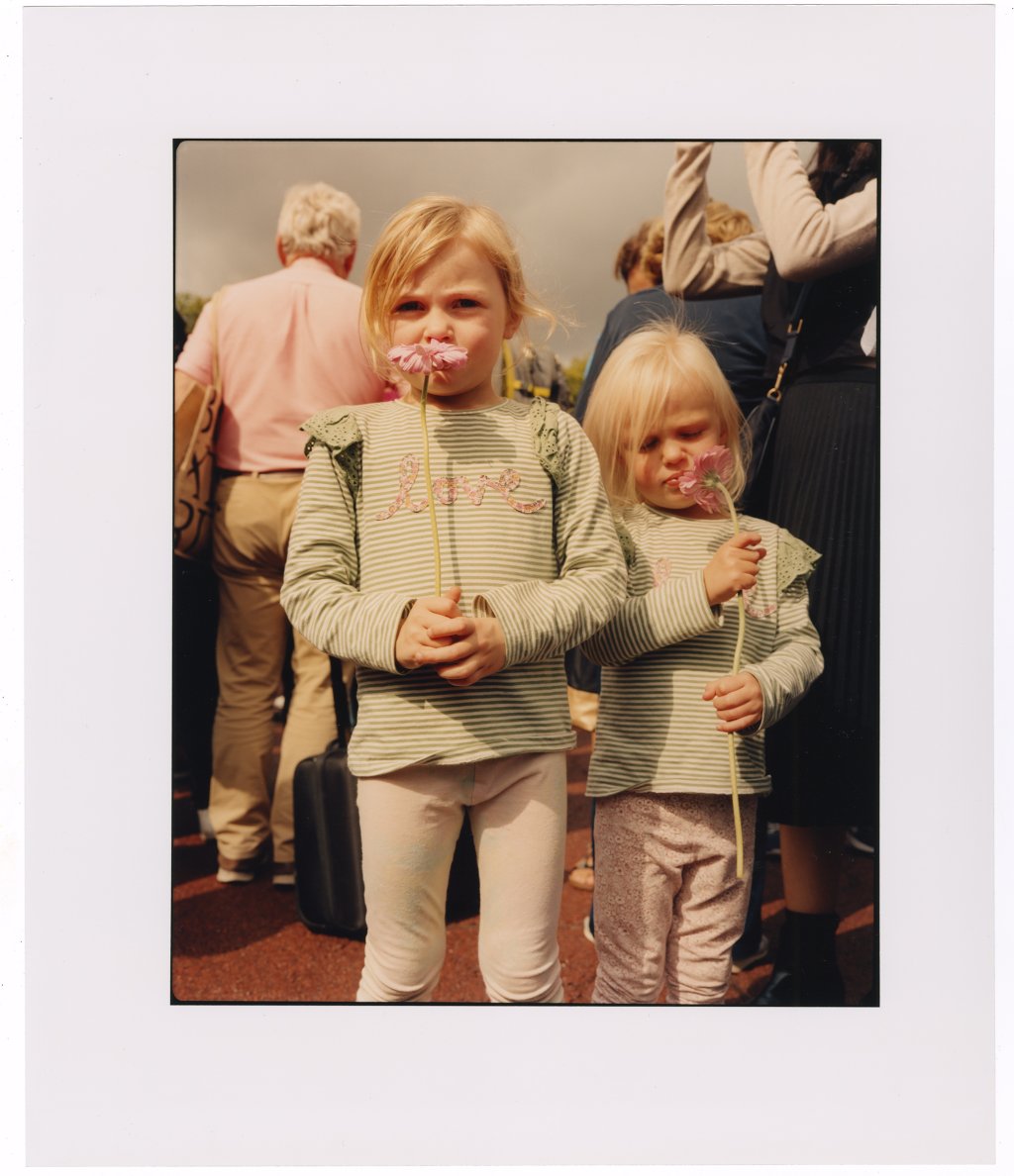
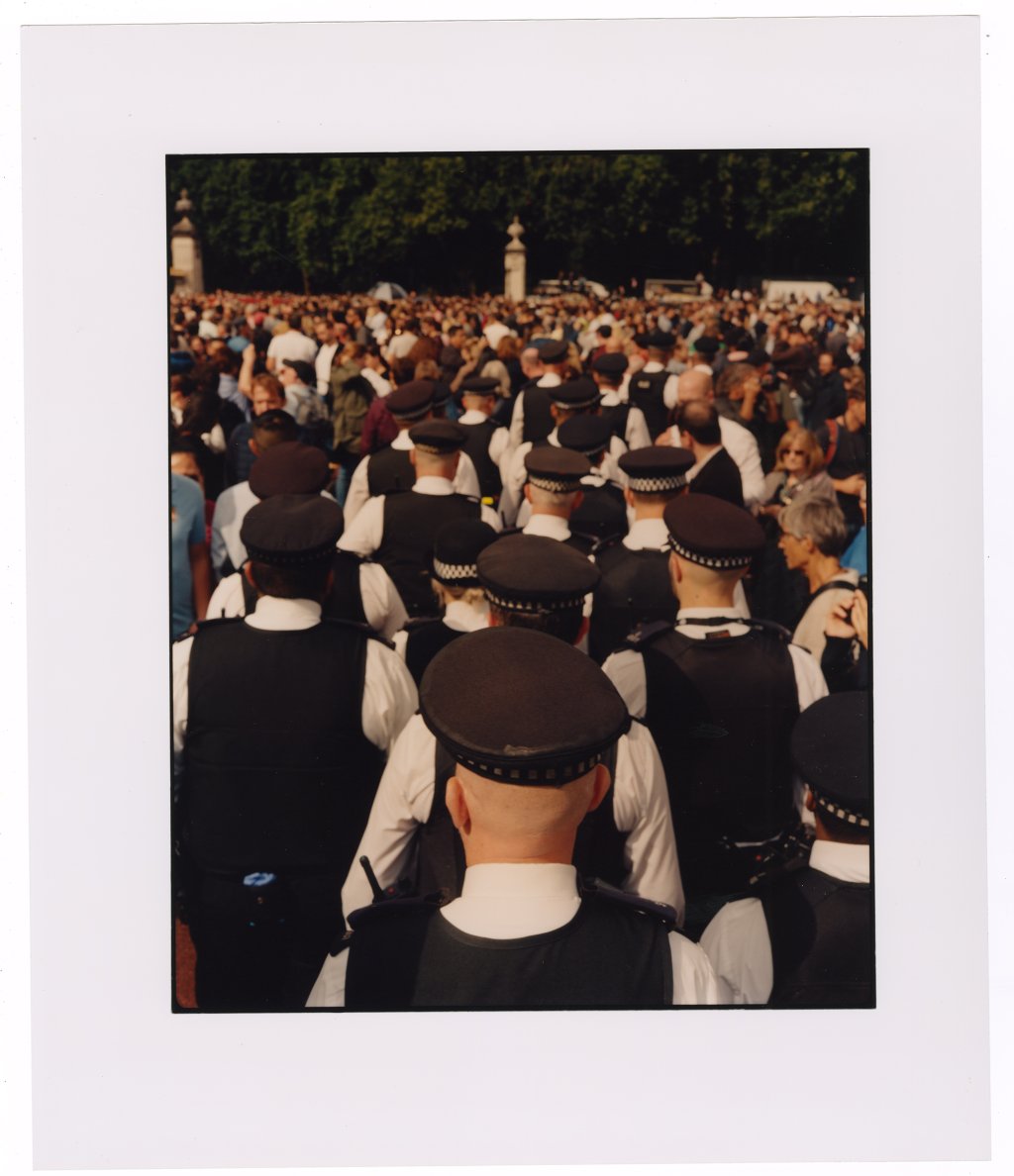
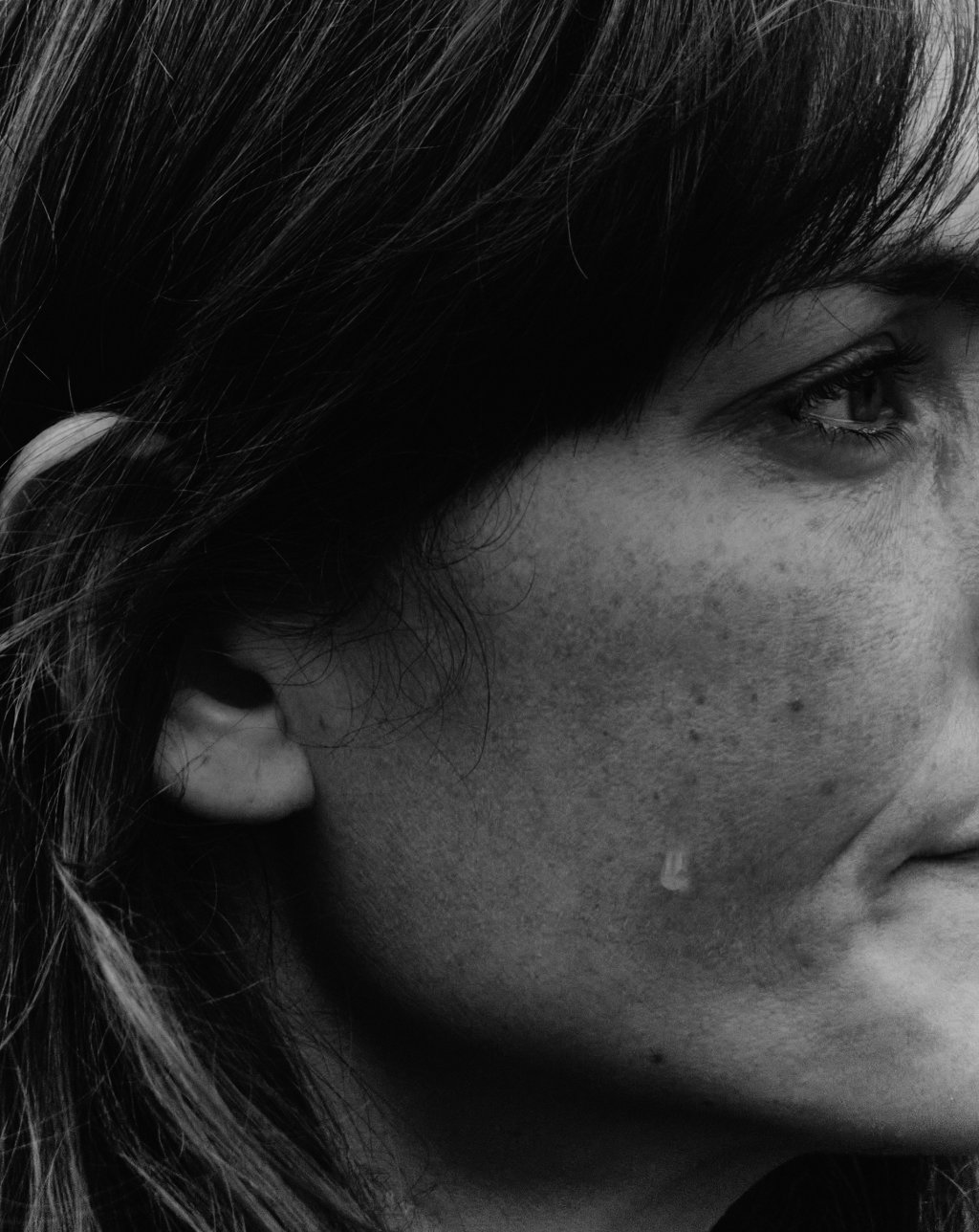
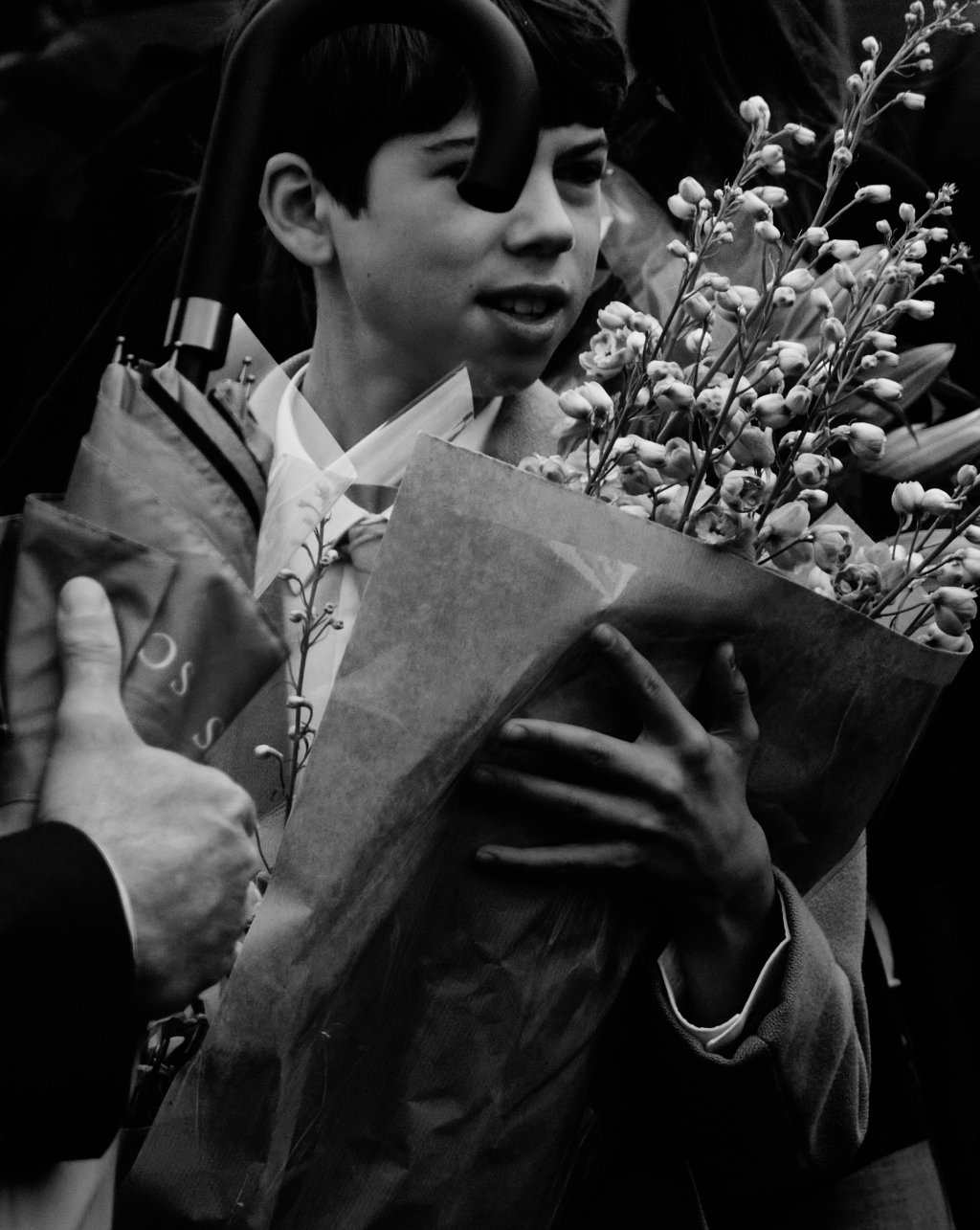
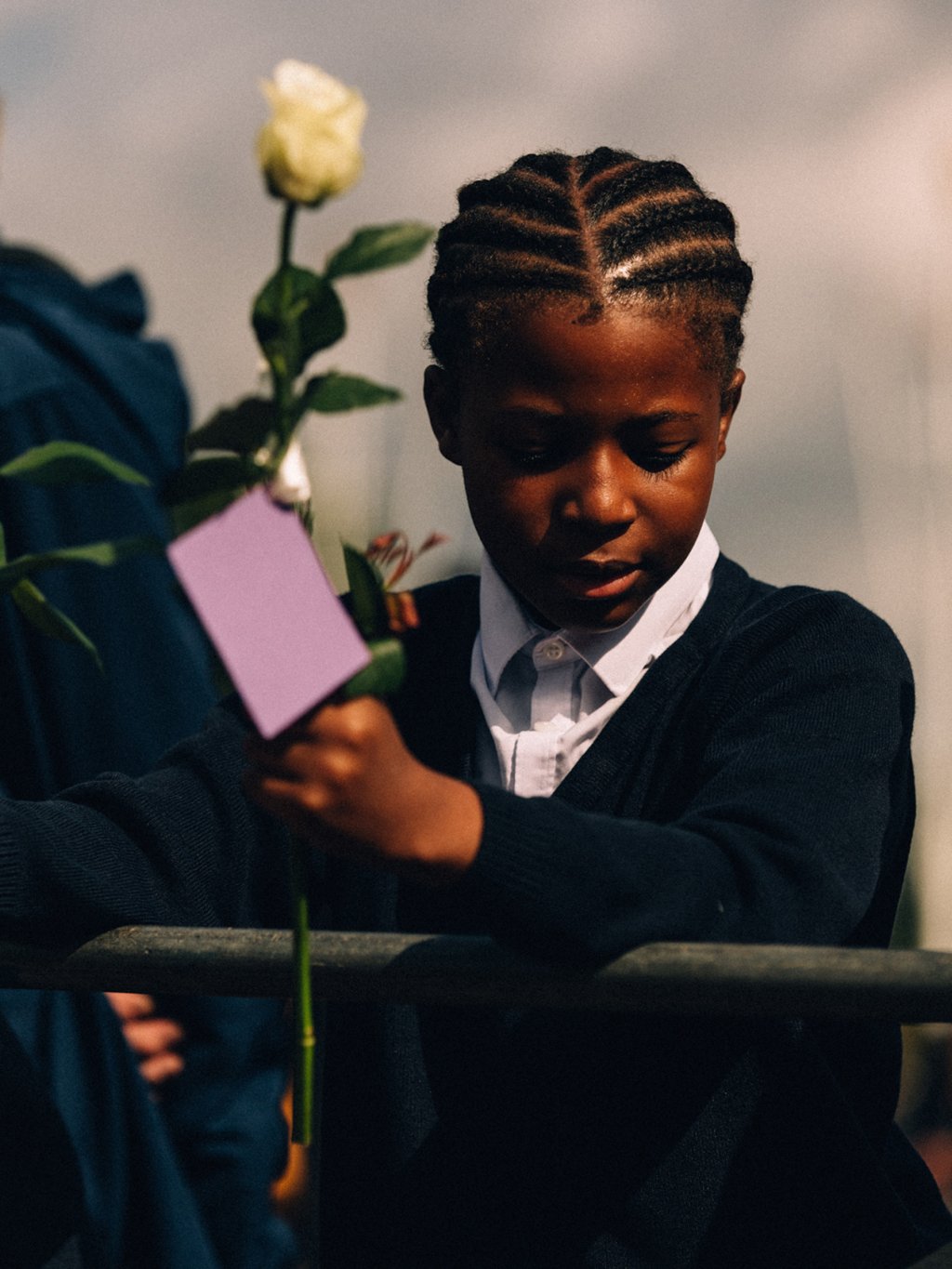
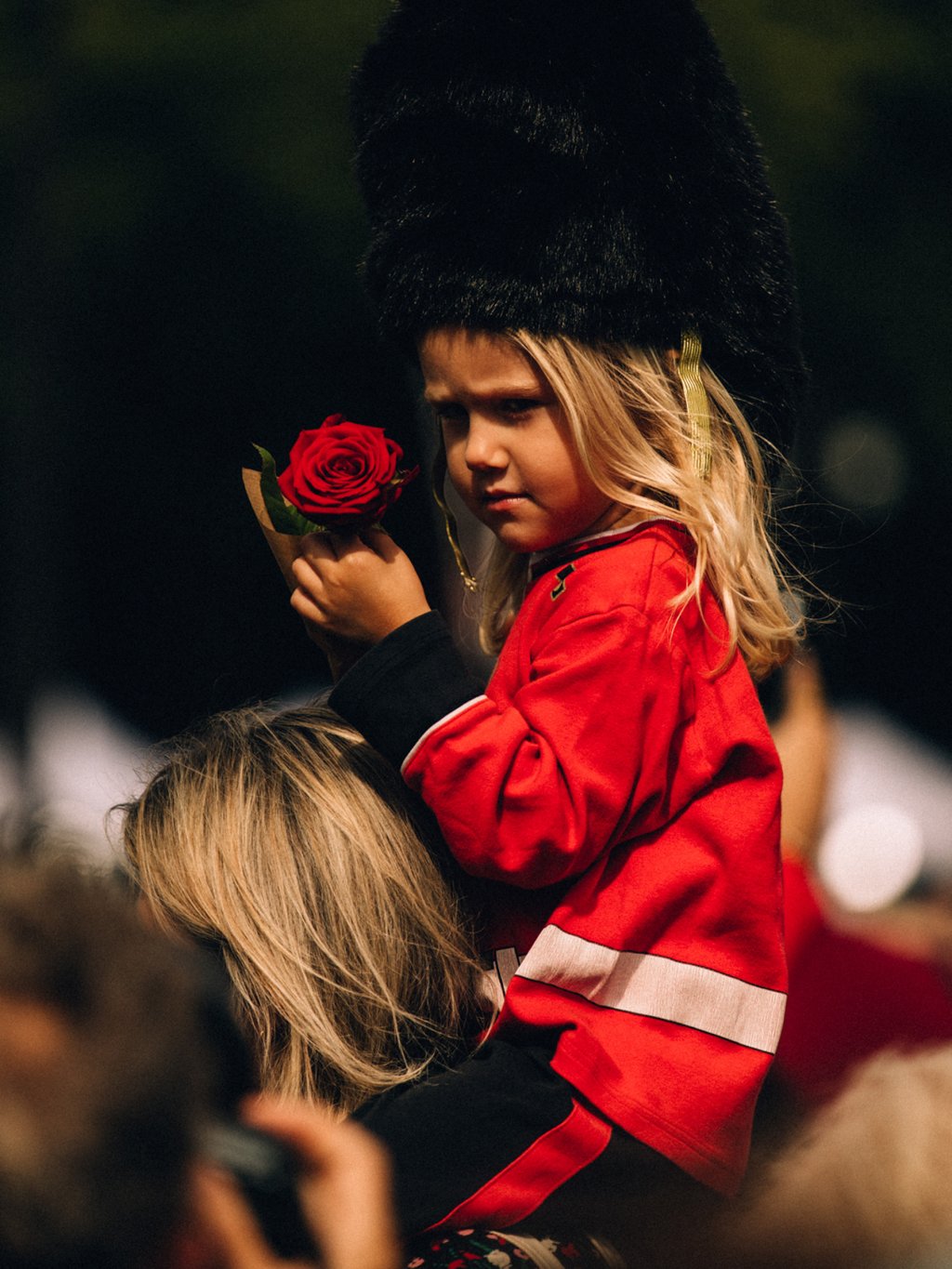
More Must-Reads From TIME
- The 100 Most Influential People of 2024
- Coco Gauff Is Playing for Herself Now
- Scenes From Pro-Palestinian Encampments Across U.S. Universities
- 6 Compliments That Land Every Time
- If You're Dating Right Now , You're Brave: Column
- The AI That Could Heal a Divided Internet
- Fallout Is a Brilliant Model for the Future of Video Game Adaptations
- Want Weekly Recs on What to Watch, Read, and More? Sign Up for Worth Your Time
Write to Charlie Campbell/Edinburgh at charlie.campbell@time.com
